David Bowie – 1. Outside
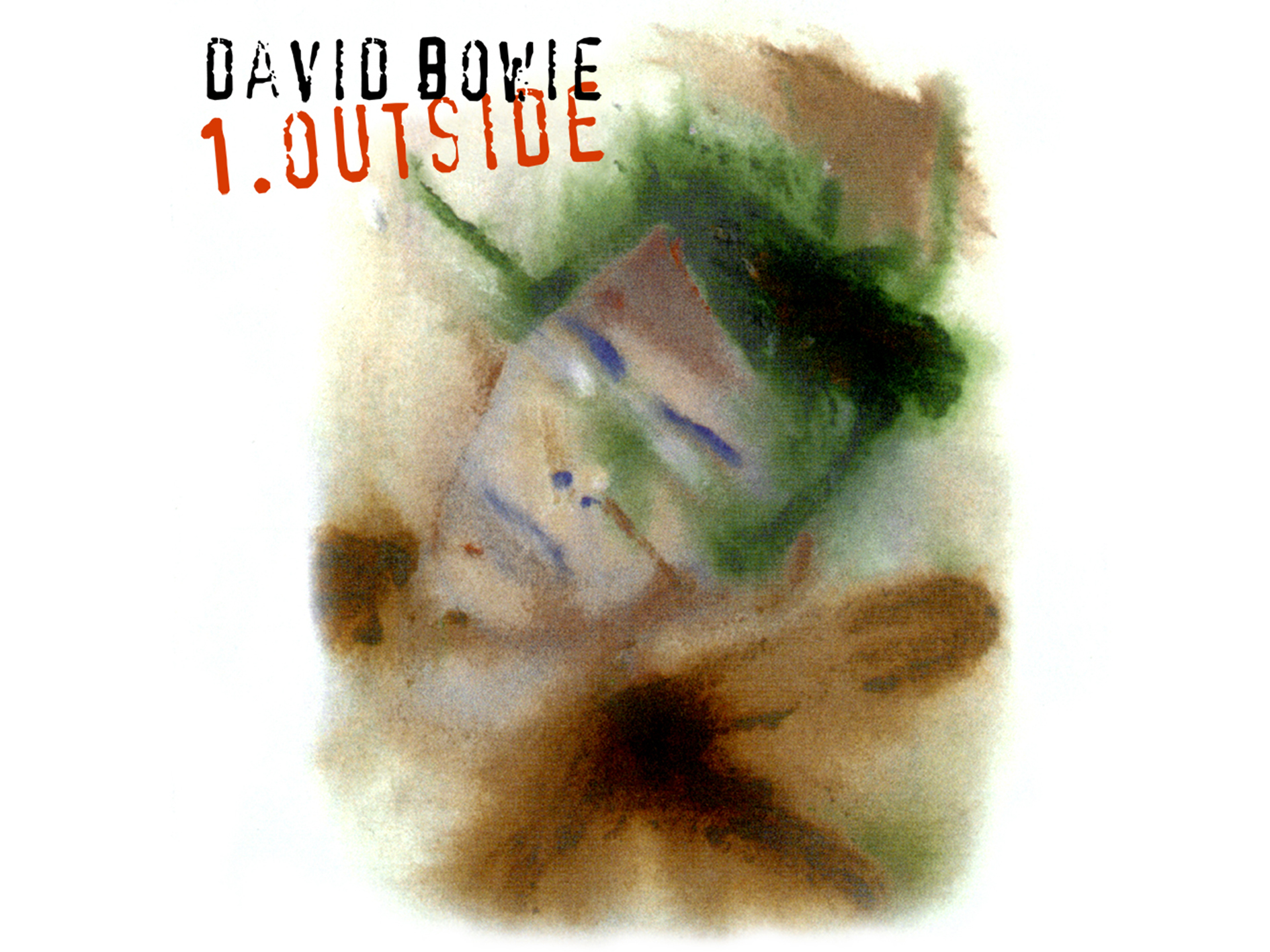
The late, great David Bowie was always the most chameleonic of rock stars, but not all his transformations made so great a popular impact. His 1995 concept album 1. Outside – The Nathan Adler Diaries: A Hyper-cycle details a murder investigation over a 20-year period in non-linear order, against a backdrop of experimental, industrial electronica. It proved too weird even for Bowie’s most ardent devotees.
Jeff Wayne – The War of the Worlds
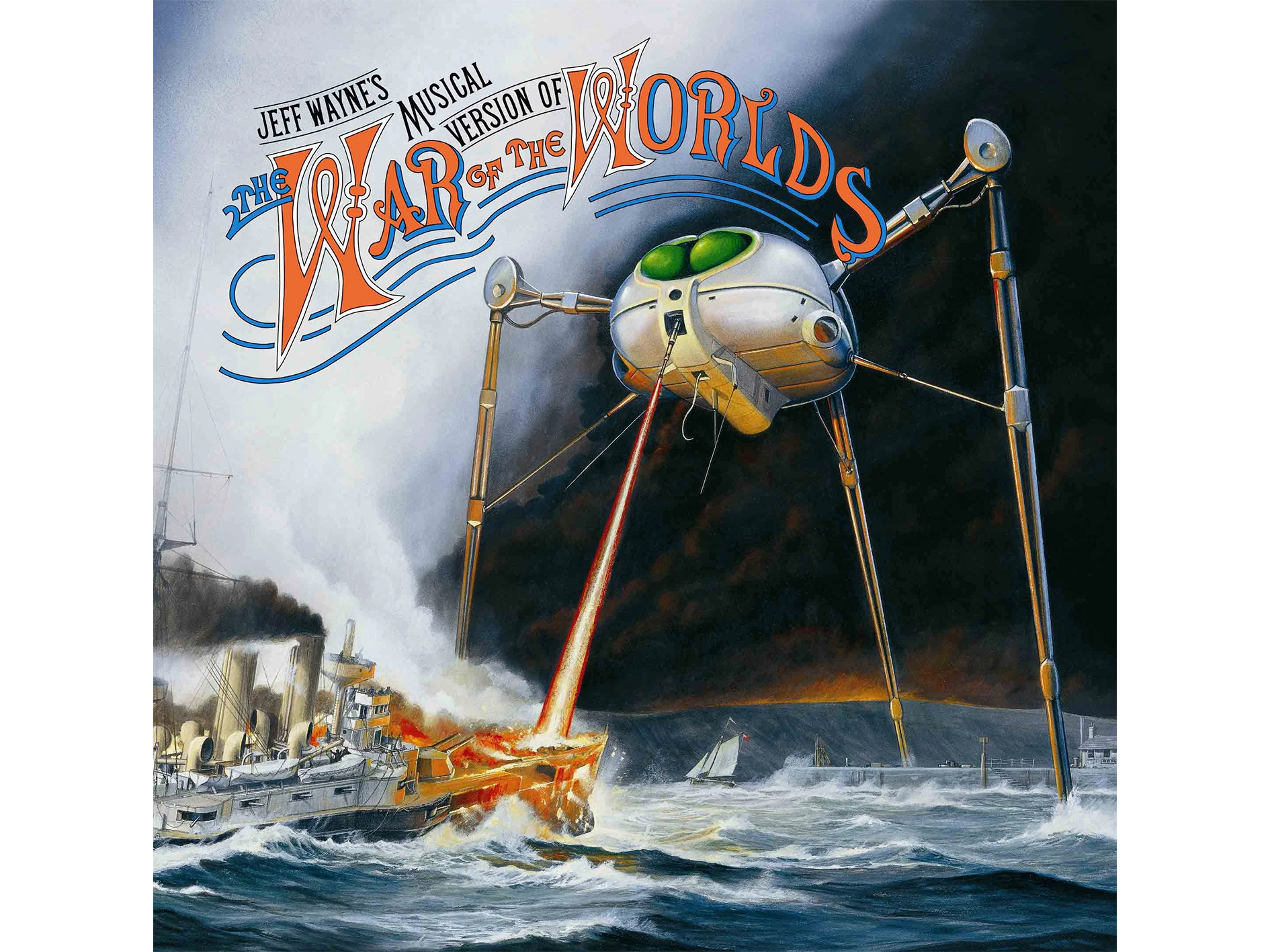
Composer Jeff Wayne didn’t set his sights low on his 1978 debut album, enlisting an ensemble of illustrious collaborators including legendary actor Richard Burton and singers Justin Hayward and David Essex for an epic musical adaptation of H.G. Wells’ science fiction novel The War of the Worlds. It’s ambitious and indulgent, but it works; the hugely popular record has sold over 15 million copies.
The Who – Quadrophenia
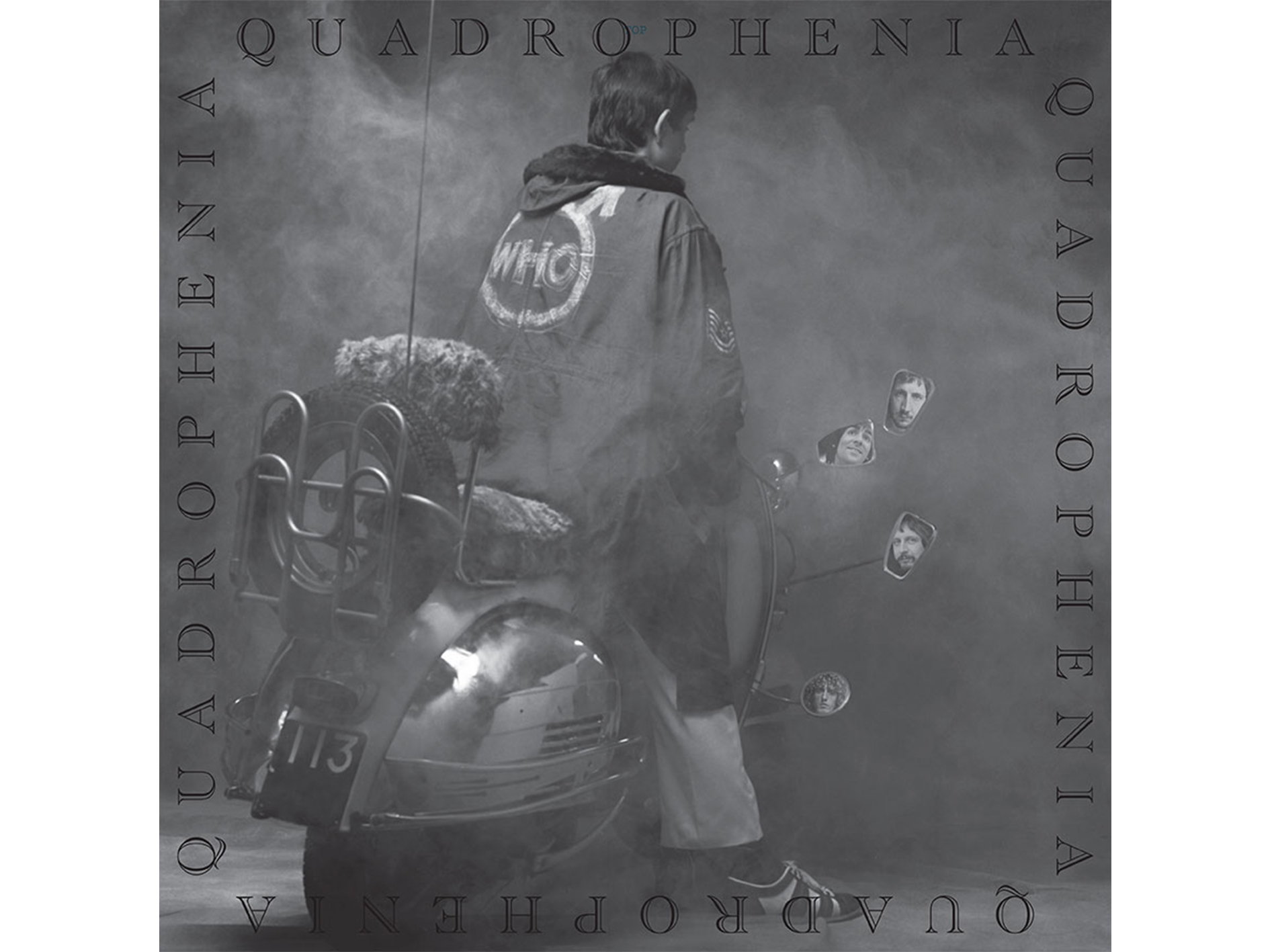
Legendary British band The Who were responsible for a number of the first concept albums, but arguably the most ambitious and accomplished of them all is 1973’s Quadrophenia. Following the personal woes of a young mod in the 1960s, the grandiose rock opera is a potent exploration of adolescent angst. It has resonated with generations of listeners, as well as inspiring film and stage adaptations.
Rush – 2112
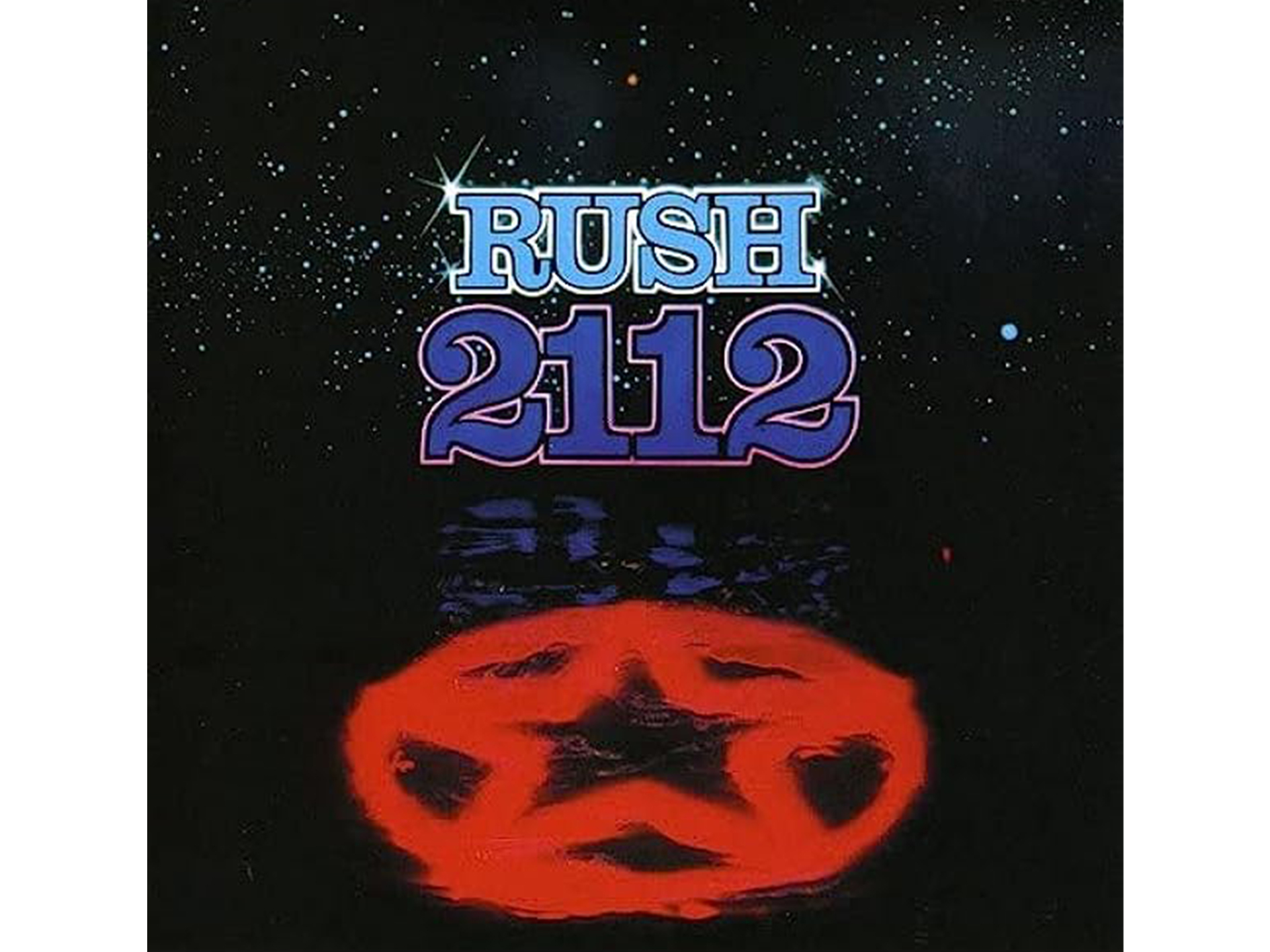
Canadian power trio Rush are one of the most successful prog rock bands of them all, and their 1976 record 2112 is one of the quintessential concept albums – even if, in truth, the concept is abandoned on side two. The opening, 20 minute, seven-chapter title track presents a dystopian future in which individuality is repressed, and intergalactic war looms overhead. Fanboys lapped it up.
Beyoncé – I Am…Sasha Fierce

Concept albums are not exclusively the domain of white male rockers, as demonstrated by Beyoncé on her 2008 album I Am… Sasha Fierce. The pop superstar’s double album presents one disc exploring her own gentle, sensitive persona, and a second dedicated to her wilder alter ego Sasha Fierce. Not since Bowie’s Ziggy Stardust had a musical icon employed a fantasy persona to such great effect.
Hüsker Dü – Zen Arcade
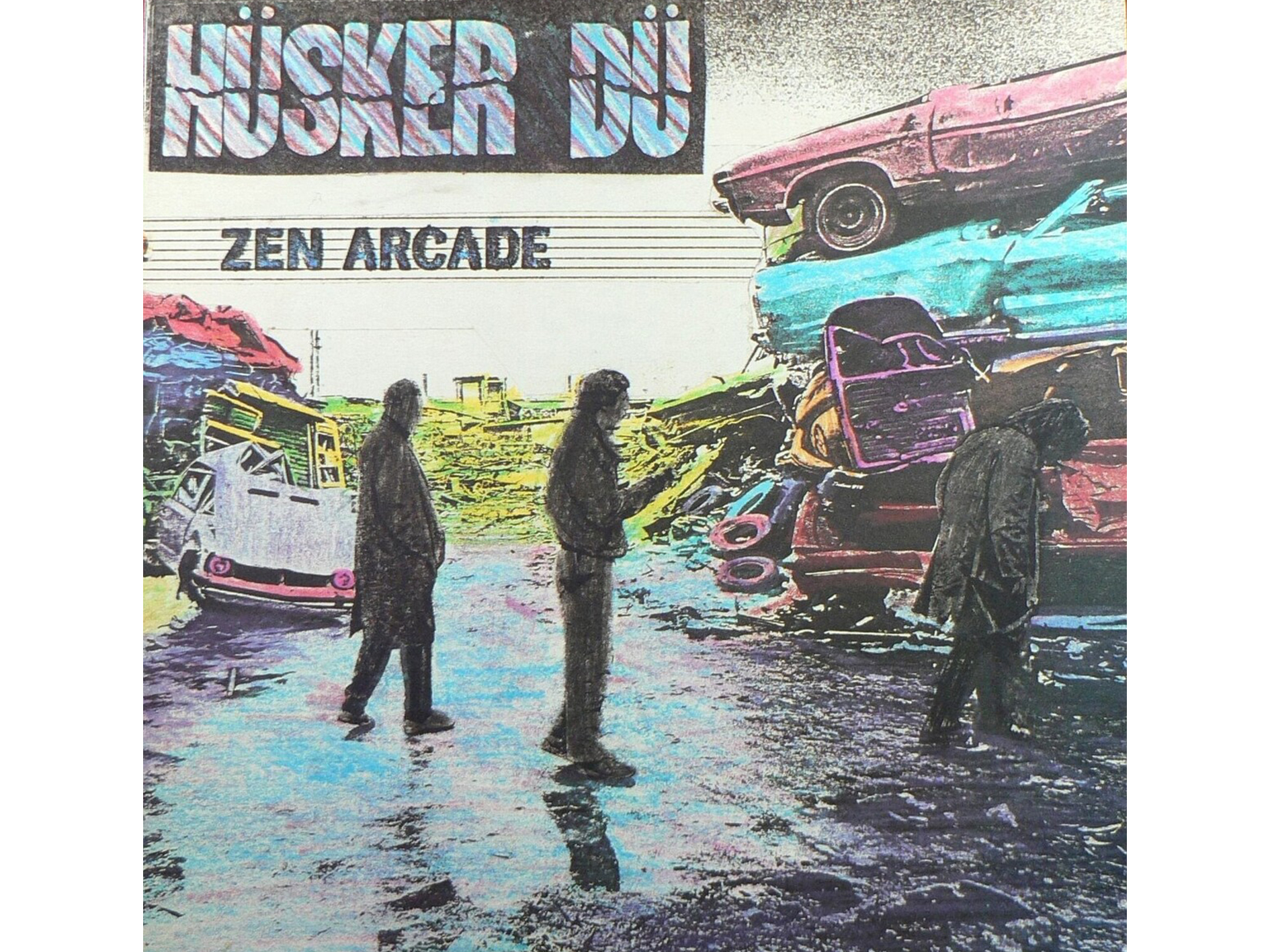
Punk was meant to be about tearing down the pomposity of prog/stadium rock, so the idea of a punk concept album seems unthinkable. In a weird way, that only makes Hüsker Dü more punk for going ahead and doing it anyway on Zen Arcade. The American alt-rock pioneers’ 1984 album presents an epic, Quadrophenia-esque tale of a young outcast’s struggle to find his place.
The Alan Parsons Project – Tales of Mystery and Imagination
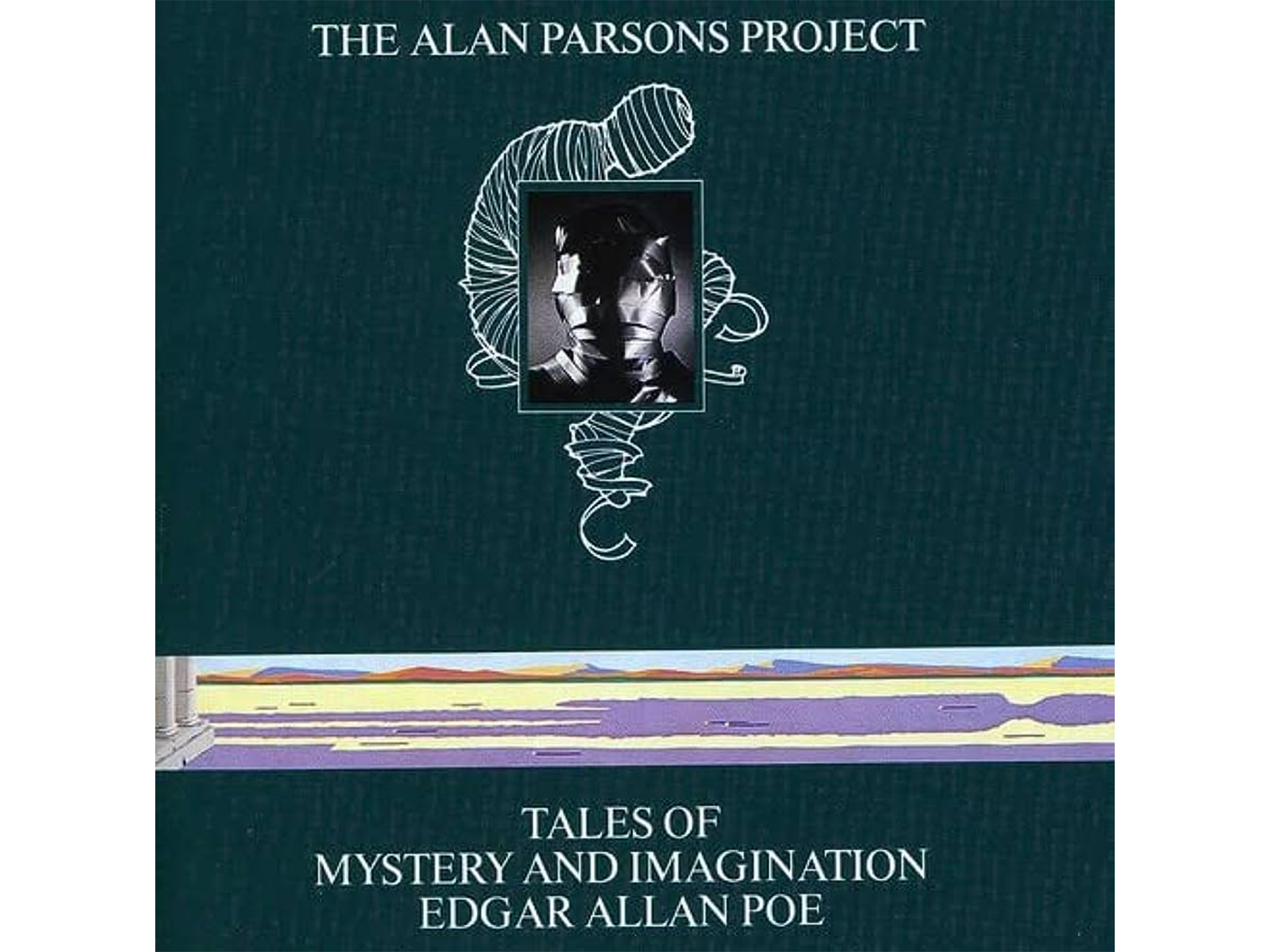
Prog rockers The Alan Parsons Project were another 70s act who drew on literary inspiration for their debut album. 1976’s Tales of Mystery and Imagination is a collection of musical tributes to the poems and stories of legendary Gothic writer Edgar Allan Poe. Arthur Brown and John Miles contribute vocals, whilst a 1986 re-issue added narration from screen legend Orson Welles as Poe himself.
Stevie Wonder – Journey Through ‘The Secret Life of Plants’
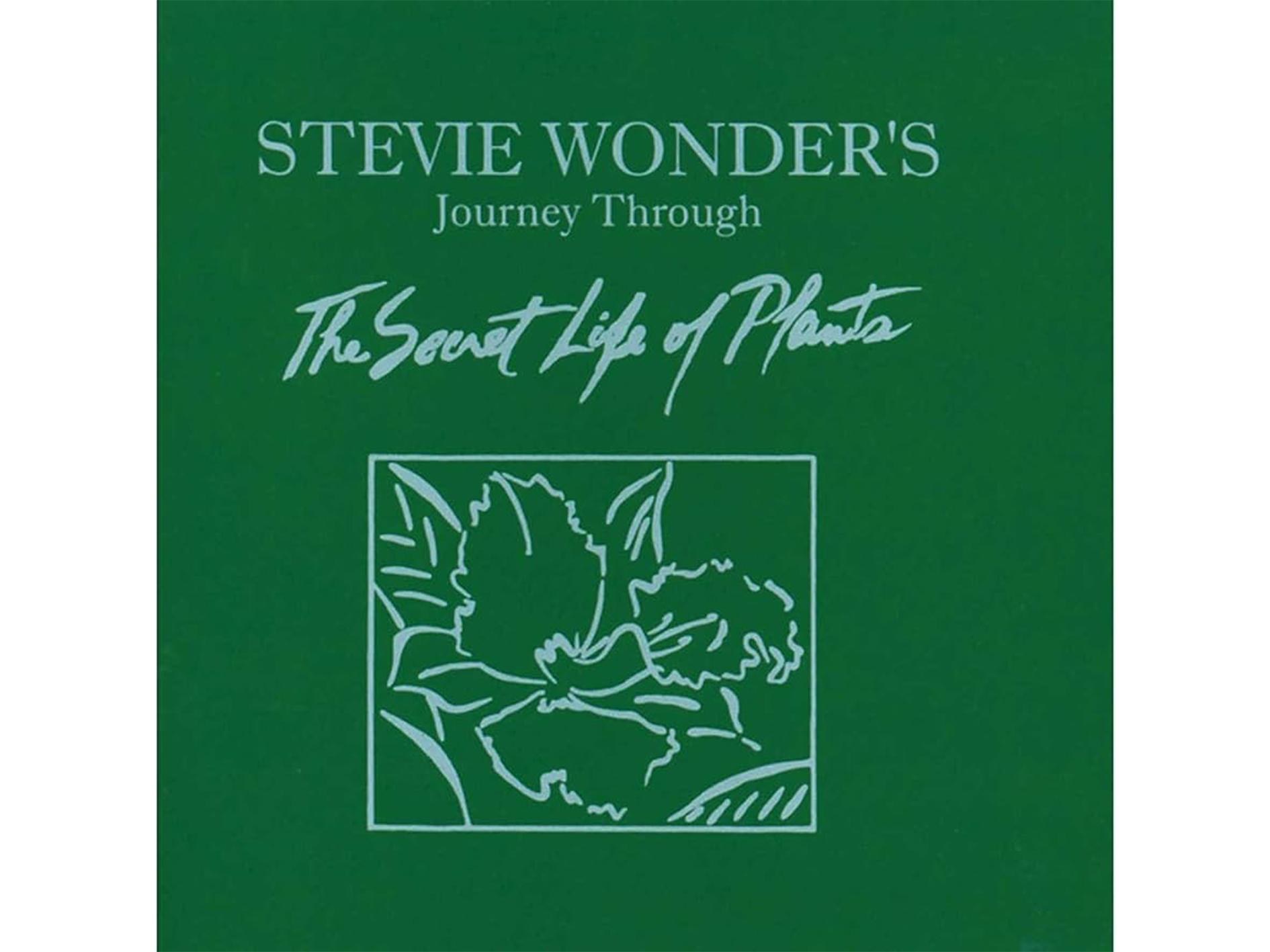
For most of the 1970s, Stevie Wonder was considered one of the greatest musical geniuses of the era, producing a succession of albums widely hailed as classics. This ended with 1979’s Journey Through ‘The Secret Life of Plants,’ the soundtrack to a documentary which claimed to present evidence of intelligence in plant life. Many found both the music and the concept difficult to swallow.
Kiss – Music from ‘The Elder’
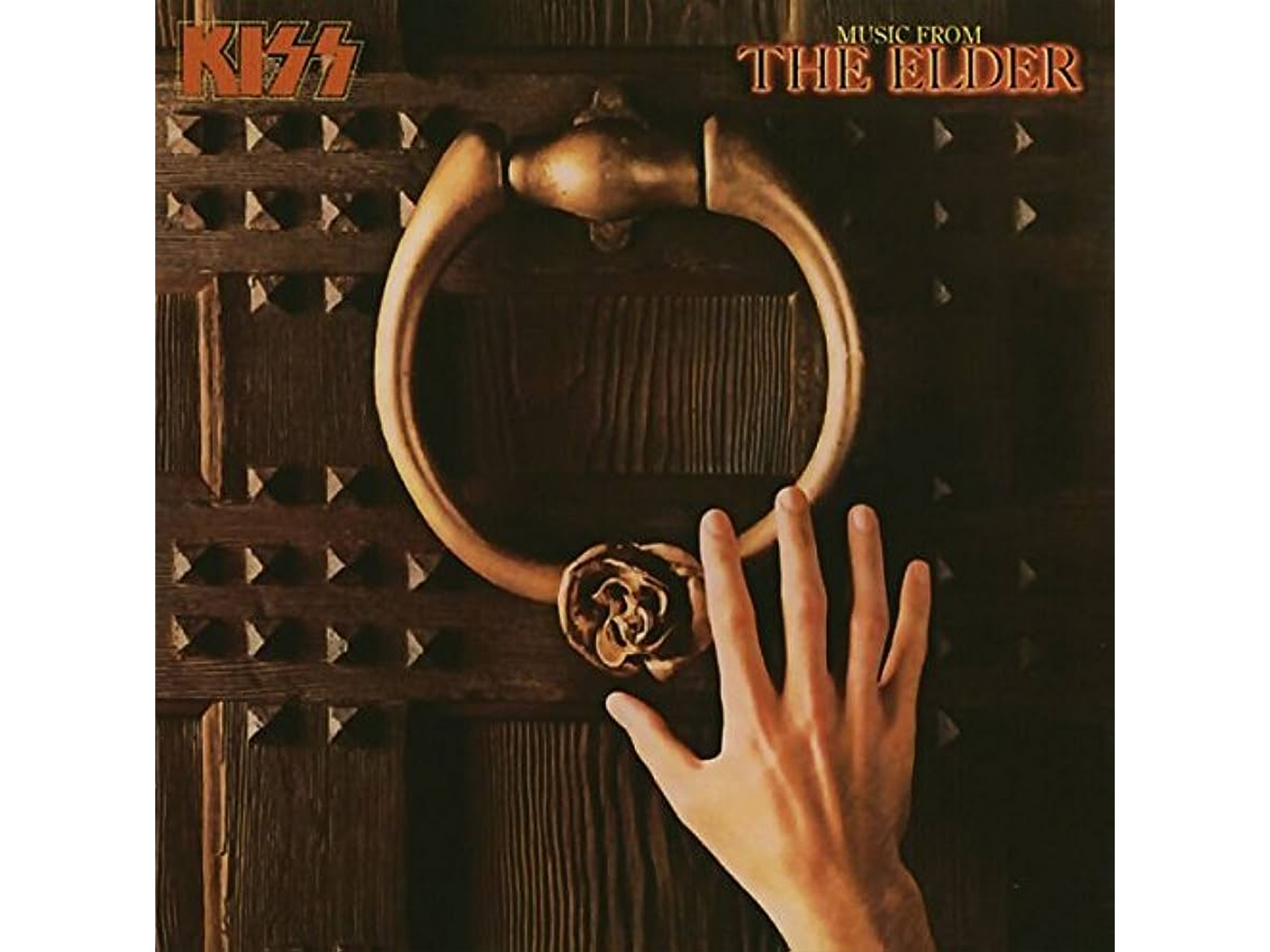
Kiss have always been consummate showmen concerned first and foremost with mass appeal – so they never seemed the most likely band to take on a concept album. Nevertheless, the make-up-clad rockers did just that on 1981’s Music from ‘The Elder,’ conceived as the soundtrack to a non-existent fantasy adventure movie. Though not without its admirers, the album sold poorly and is typically considered a mistake.
Rick Wakeman – The Myths and Legends of King Arthur and the Knights of the Round Table
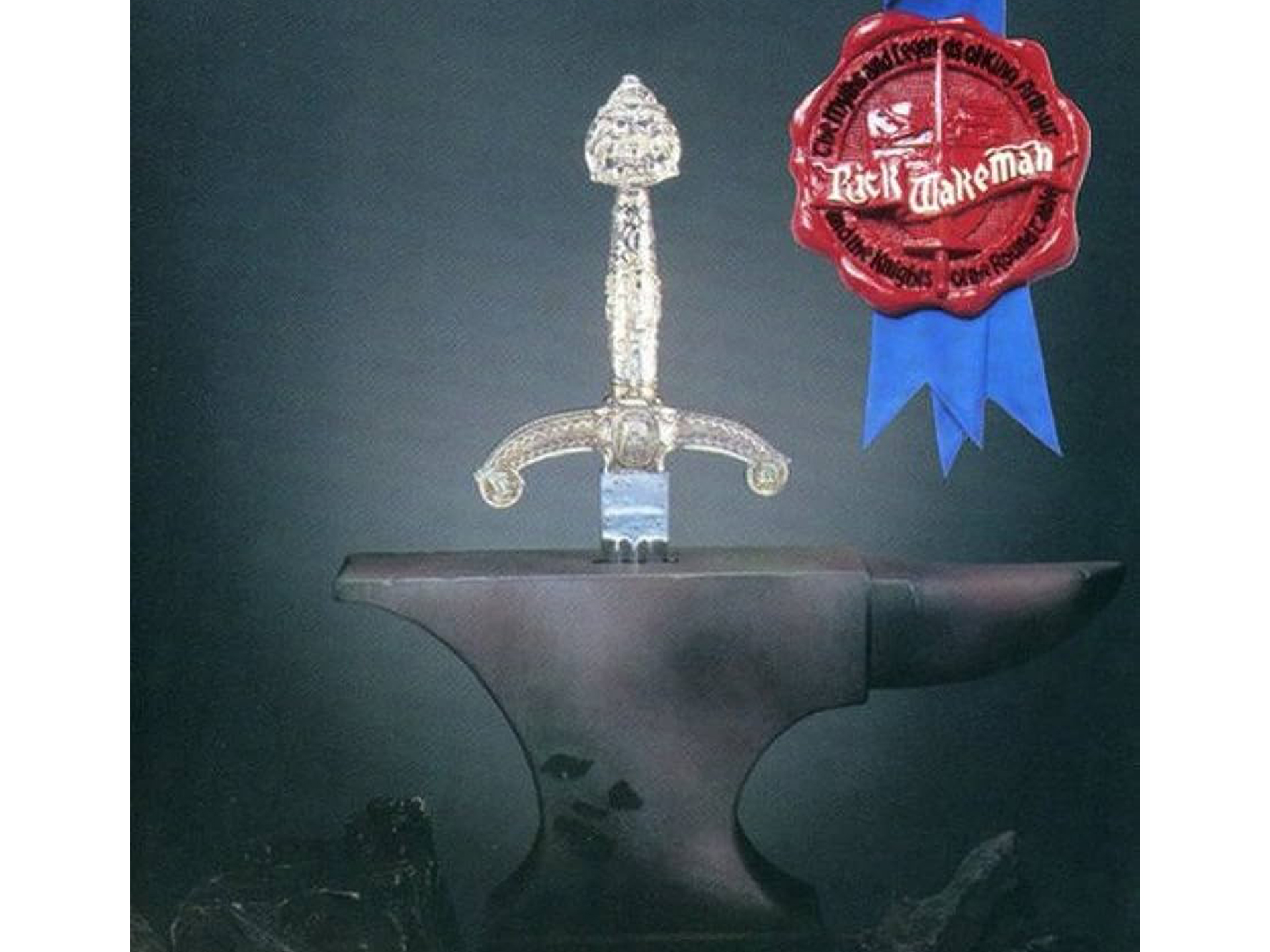
Former Strawbs and Yes keyboardist Rick Wakeman produced several of the most excessive prog concept albums of the 70s, and what could have been a more appropriately grandiose subject matter than the legend of King Arthur? The record alone is breathtaking in its theatrical excess, so one could only imagine what its accompanying stage shows – performed on ice at Wembley Arena – must have been like.
Blur – Parklife

In 1994, Blur gave the world Parklife, an audio snapshot of British life. Moving through stories of blue collar workers, daydreamers, and London landscapes, the album became a core part of the Britpop era. From the catchy title track to moving ballads, it’s a quirky journey through 90s UK culture, and oh, it’s quite the trip.
Arcade Fire – The Suburbs
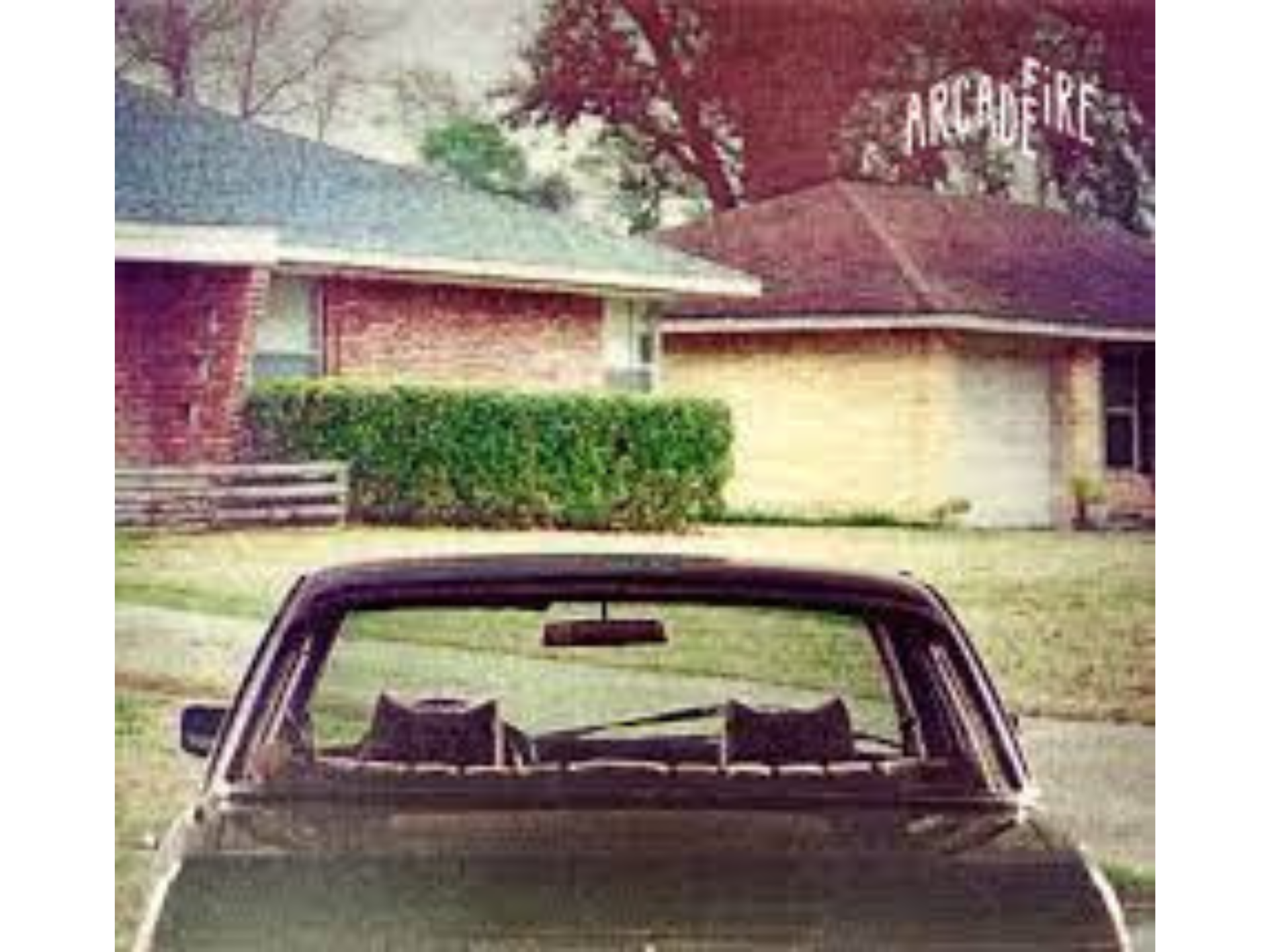
Arcade Fire took a nostalgic route with 2010’s The Suburbs. It’s an introspective look back at youth, framed by suburban life. With tracks that echo memories of the pain of growing up, first loves, and childhood yearning, it hits home for anyone who’s ever been caught between childhood and something… bigger.
The Roots – Undun
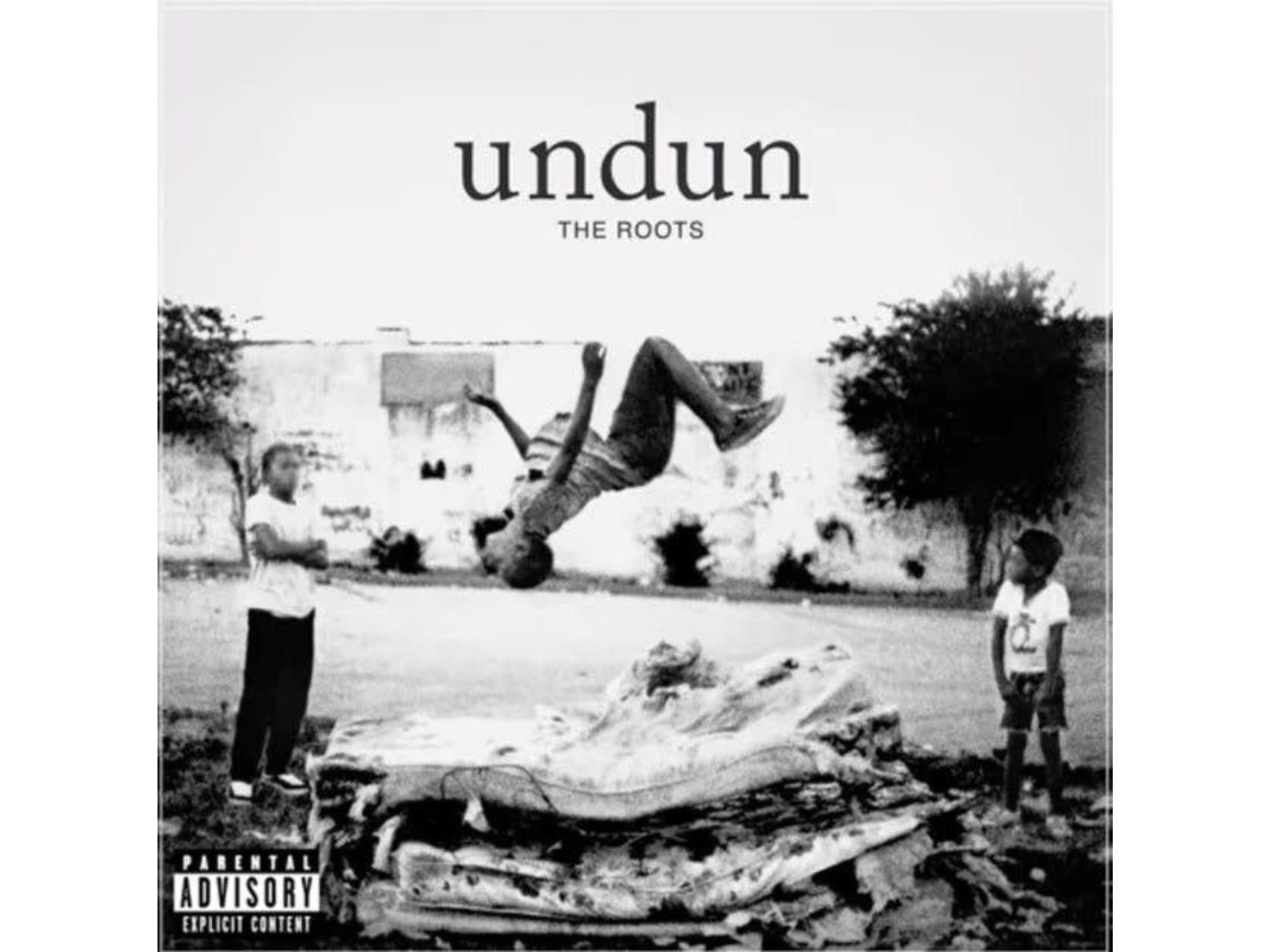
The Roots went all in with narrative mastery on 2011’s Undun. It’s a tragic tale told in reverse, chronicling the downfall of a man named Redford Stephens. Mixing their signature hip-hop with strings and choirs, it’s a poignant look at life and the paths we tread, whether chosen or not.
Marvin Gaye – What’s Going On
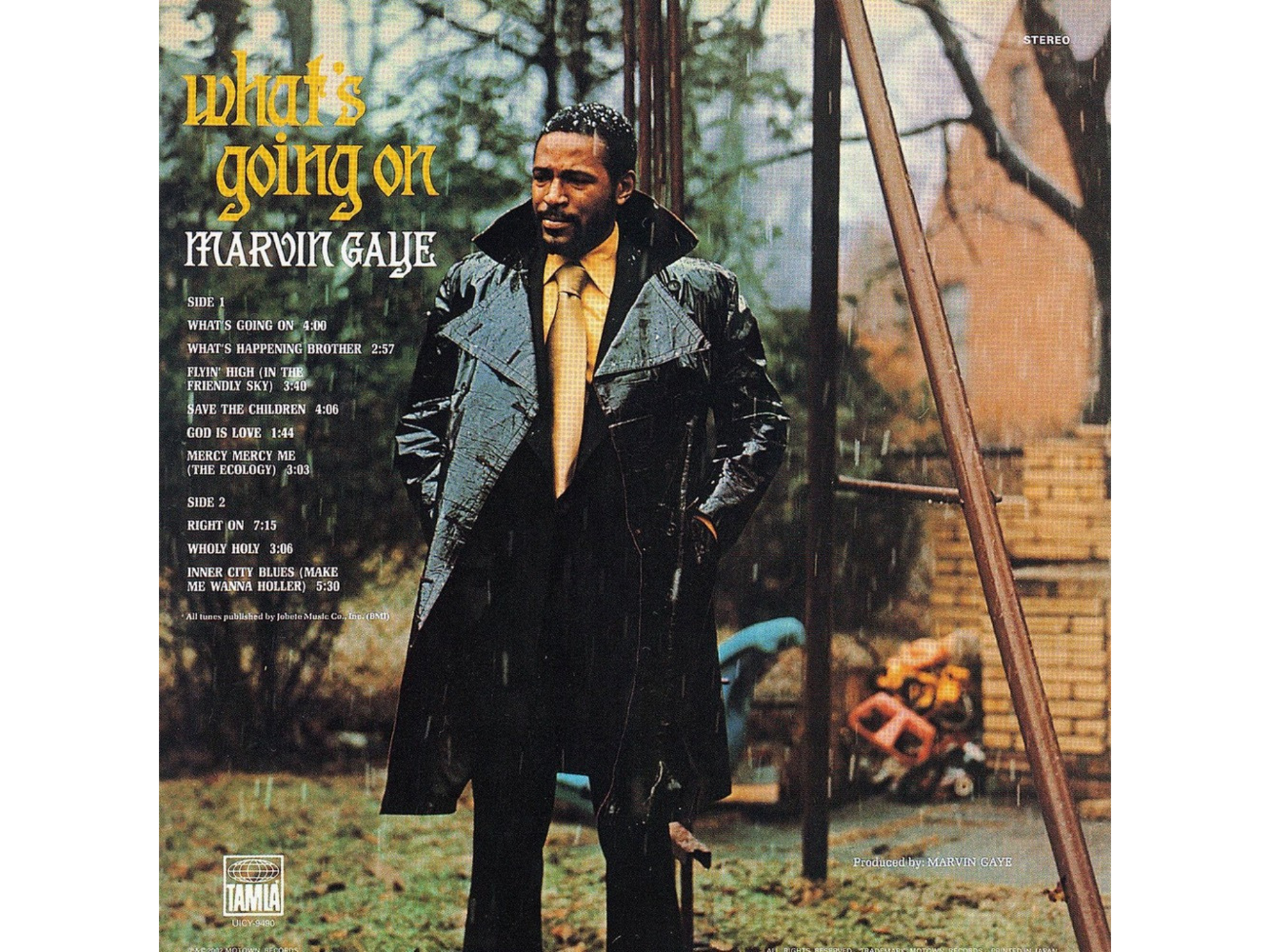
Marvin Gaye shifted gears big time with 1971’s What’s Going On. He traded his romantic vibes for a poignant look at America’s socio-political climate. The record smoothly transitions from track to track, touching on war, environmental issues, and racial tension. The album is now hailed as one of the greatest ever.
Taylor Swift – Reputation
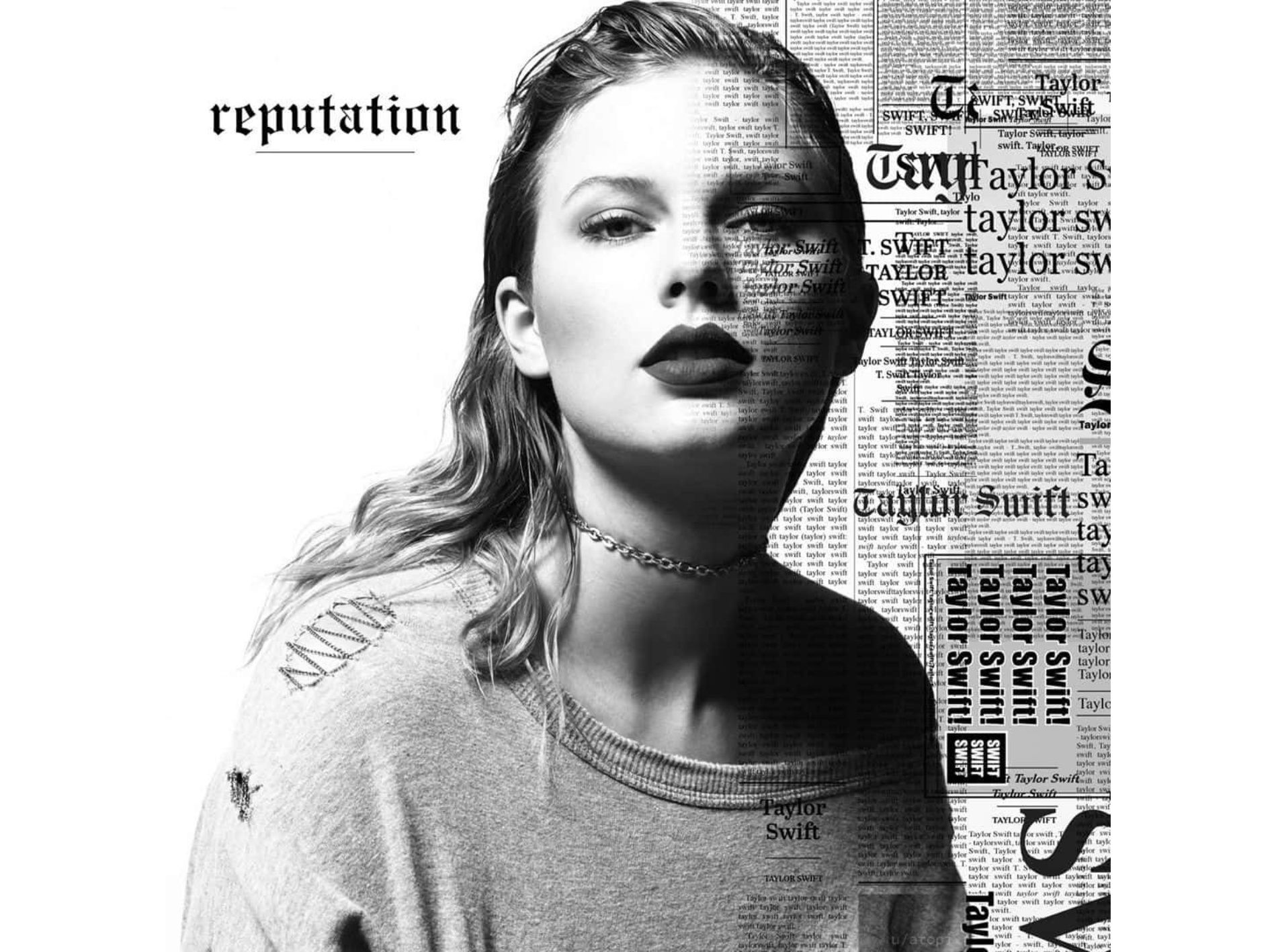
2017’s Reputation showcased a bolder Taylor Swift. Ditching her country-pop roots for edgier beats, the album confronts media portrayals, feuds, and personal growth. It’s a fierce reflection on love, betrayal, and public perception. With Reputation, Swift doesn’t just address her critics – she redefines herself, proving there’s depth behind every headline.
Pink Floyd – Animals
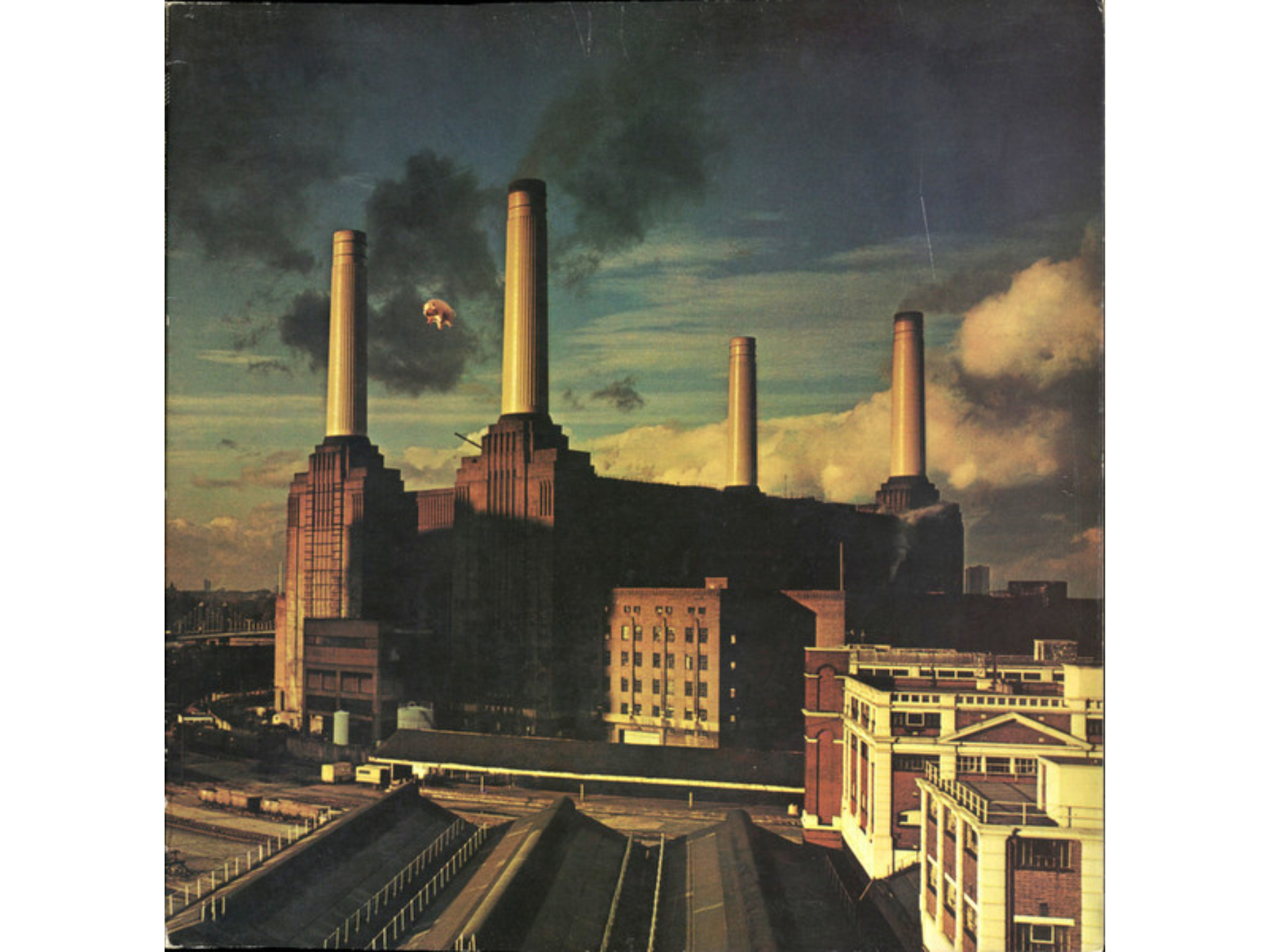
1977 ushered in Pink Floyd’s Animals, an album full of socio-political commentary. Structured around George Orwell’s Animal Farm, the record paints a bleak picture of British society, with each animal representing a different societal group. It’s Pink Floyd at their most cynical, but those guitar solos still do soar.
Janelle Monáe – The ArchAndroid
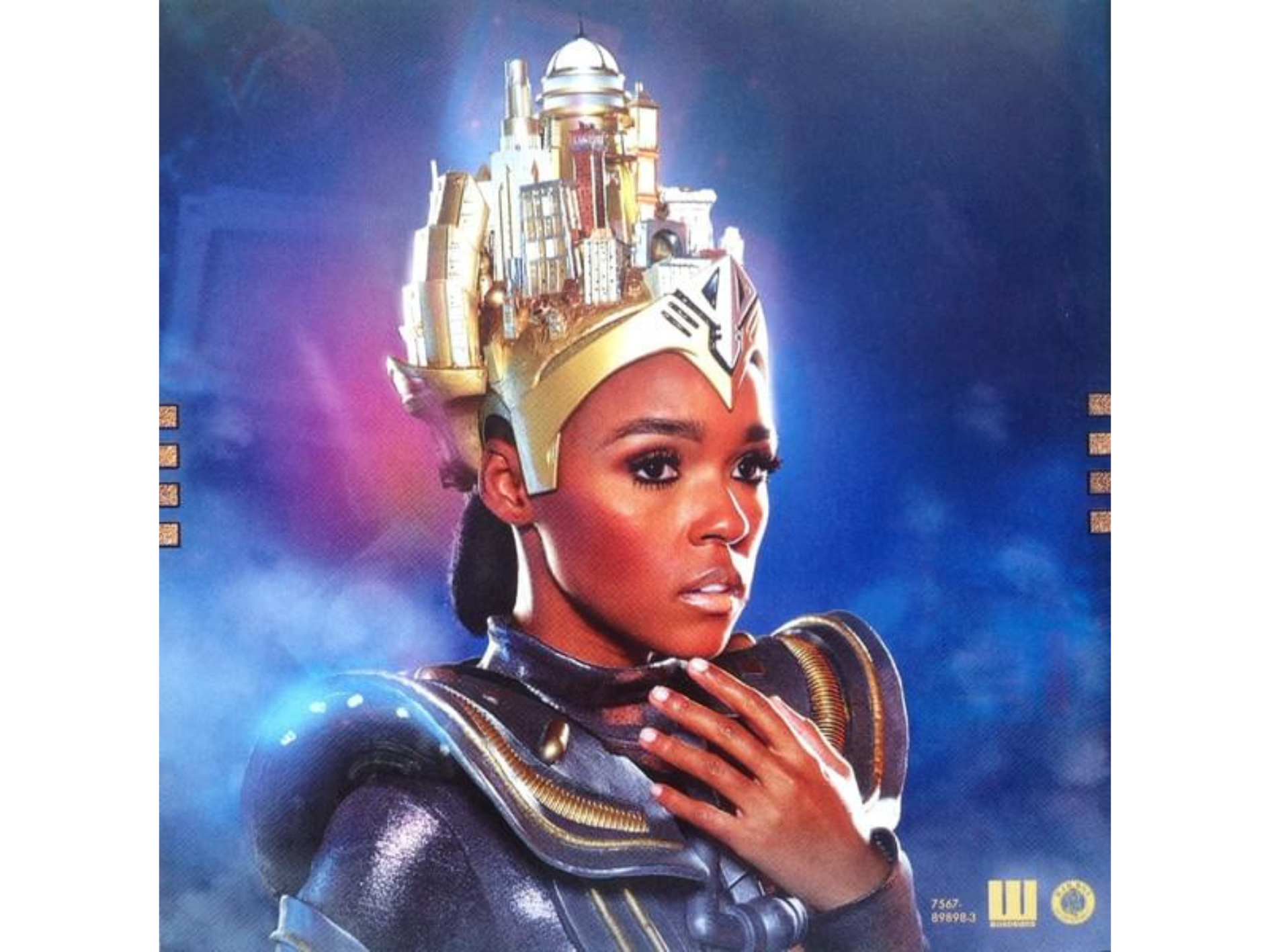
Janelle Monáe turned heads in 2010 with The ArchAndroid. Introducing us to her android alter ego, Cindi Mayweather, Monáe crafts a tale of love and rebellion in a futuristic city. She manages to blend R&B, funk, and soul, in a sonic odyssey that makes you want to dance as much as it makes you think.
Kendrick Lamar – Good Kid, M.A.A.D City
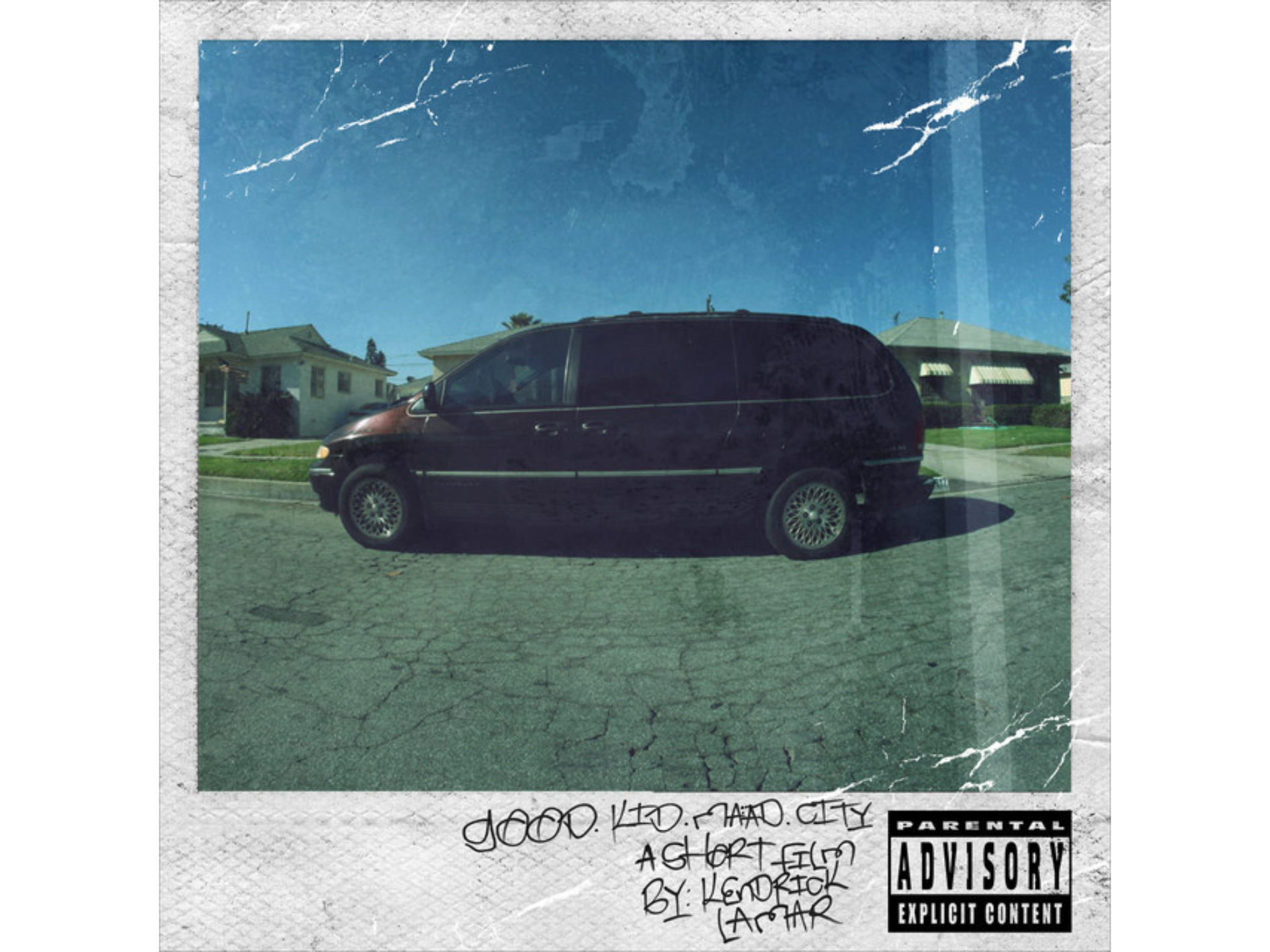
Kendrick Lamar’s 2012 release, Good Kid, M.A.A.D City, is more than just an album; it’s his own personal memoir. With its riveting storytelling and sharp production, Kendrick didn’t just deliver tracks; he gave us a movie for the ears.
Kate Bush – Hounds of Love

Kate Bush dove deep into the avant-garde pool with 1985’s Hounds of Love. Side A? Stunning pop tunes. But Side B? An eerie, atmospheric tale of someone lost at sea, floating between life and death. It’s a mesmerizing album, one that showed everyone that Bush could be as pop as she was profound.
Radiohead – OK Computer
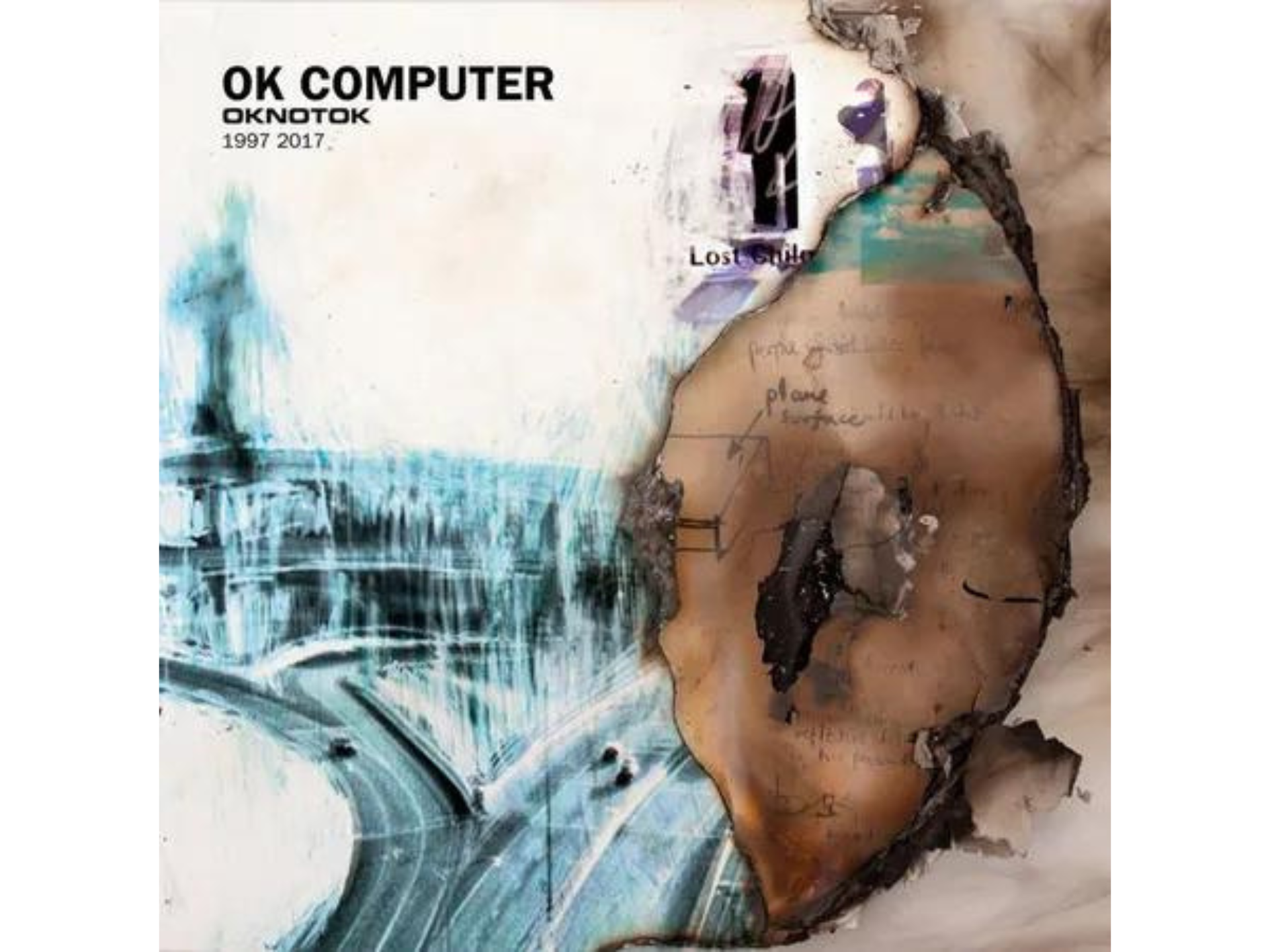
Radiohead’s OK Computer from 1997 isn’t just another album – it’s a deep dive into modern anxieties. Touching on themes like technology, alienation, and the human spirit, it’s a reflection of the digital age’s early days. Some found it melancholic, while others found it revolutionary. One thing’s for sure: it shifted the musical landscape.
Daft Punk – Discovery
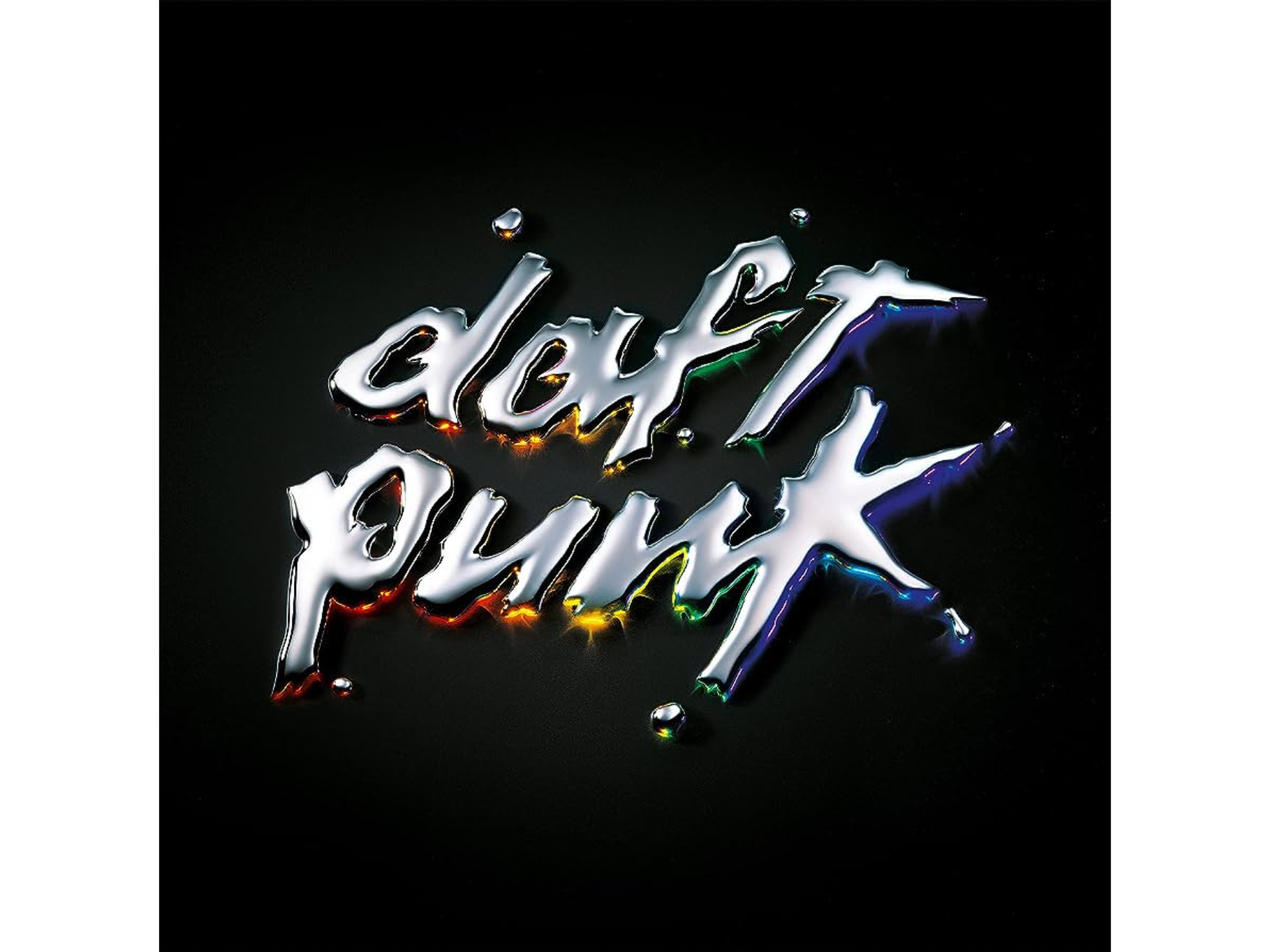
Daft Punk’s 2001 Discovery isn’t your everyday concept album. Beyond its infectious electronic beats, it tells a story – especially when paired with the anime film Interstella 5555. A tale of an abducted alien band? Yep, it’s as out-there as it sounds, but in the best way possible. A true blend of sight, sound, and pure Daft Punk magic.
Tame Impala – Currents
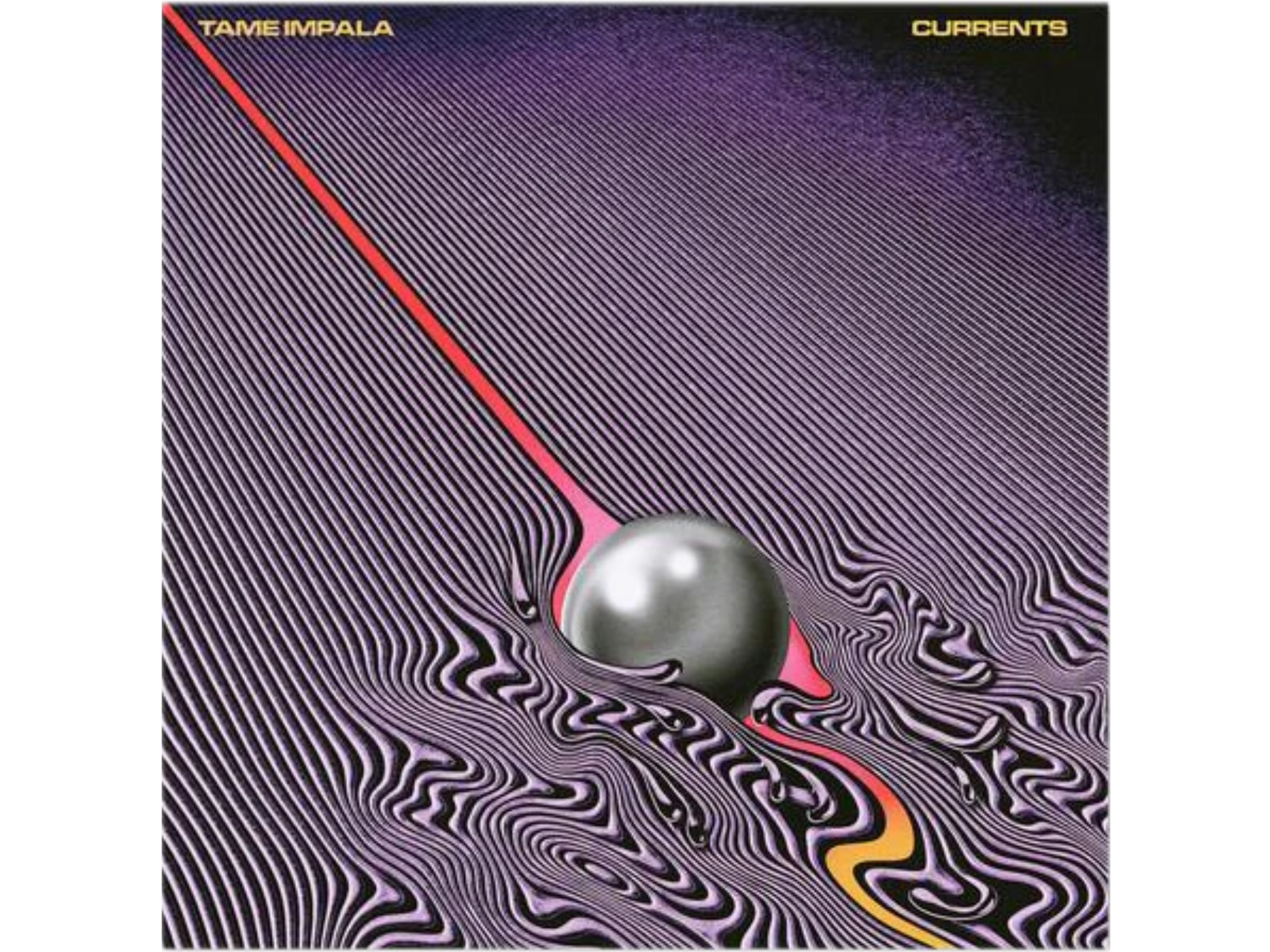
With Currents, Tame Impala in 2015 introduced listeners to a subtle kind of concept album. It’s less about a straightforward story and more about an introspective journey, delving into personal transformation and self-discovery. Kevin Parker’s fusion of psych-rock with introspective lyricism made this album a memorable milestone.
Tool – Lateralus
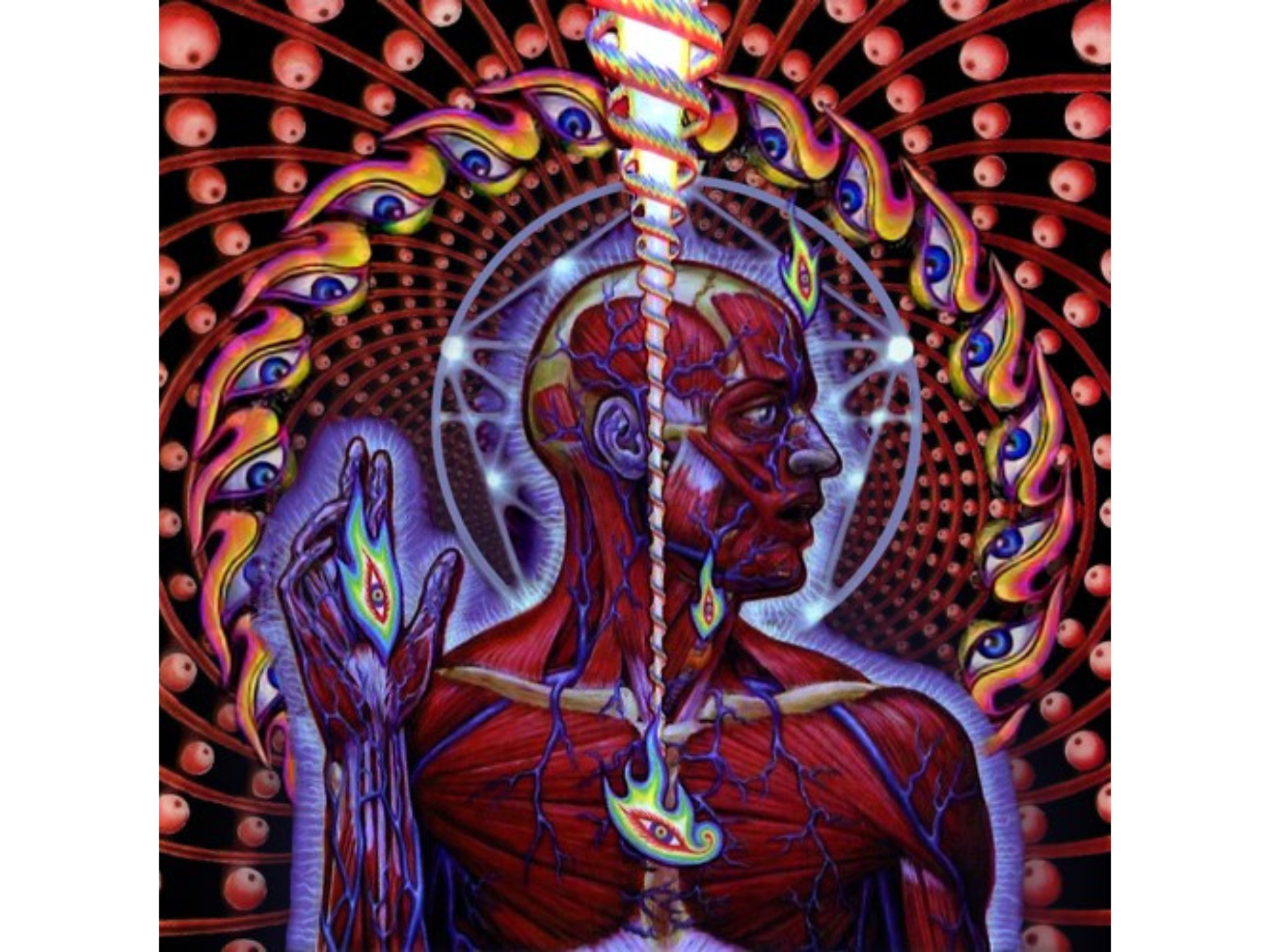
With Lateralus in 2001, Tool invited listeners into a place of spiritual awakening and existential contemplation. Wrapped in complex time signatures and poetic lyricism, the album is both a journey and a masterclass in progressive metal. For fans, it’s not just music; it’s meditation.
Lana Del Rey – Born to Die
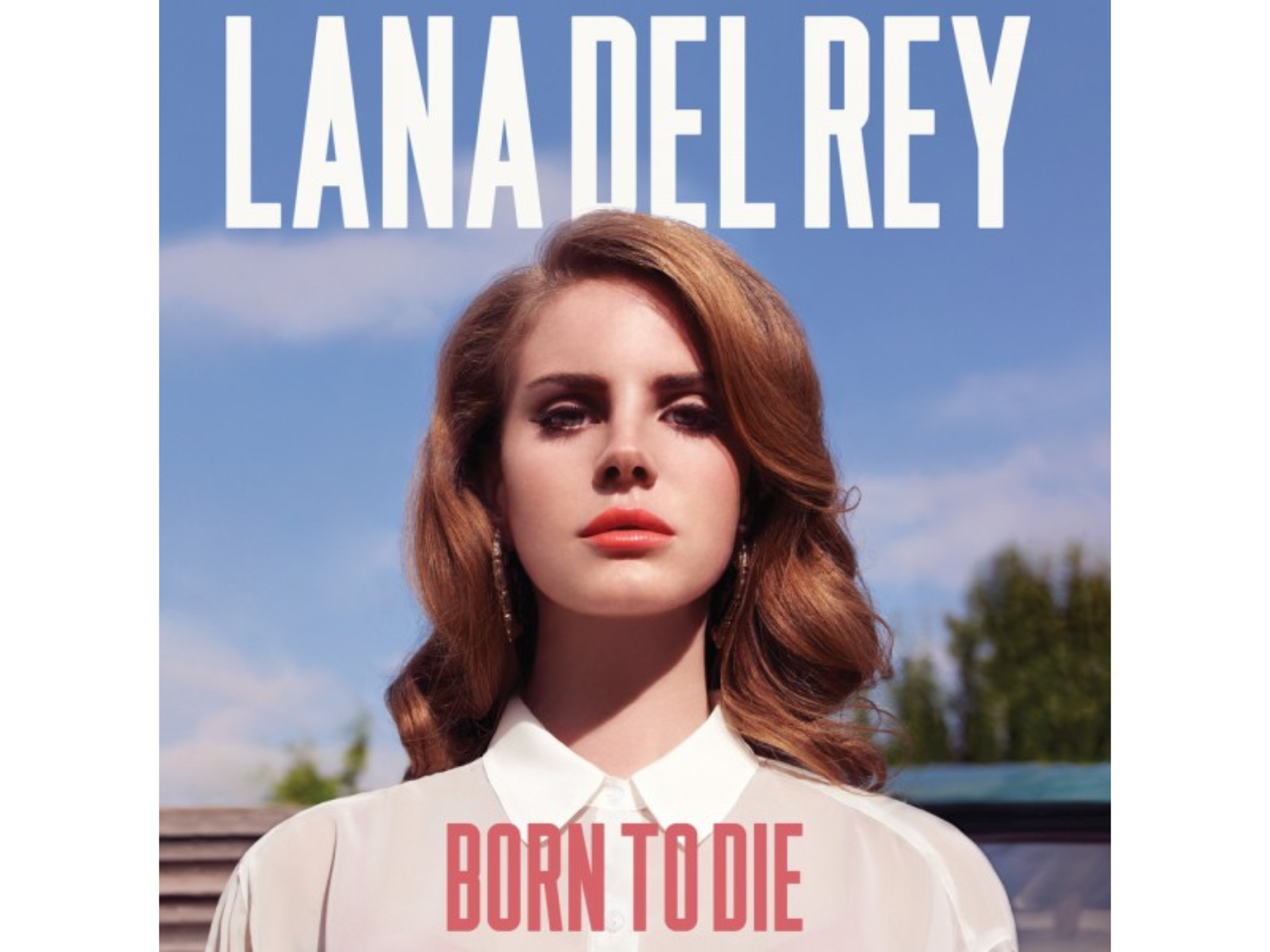
Lana Del Rey burst onto the scene in 2012 with Born to Die, a sultry mix of pop, hip-hop beats, and vintage Americana. Painting pictures of old Hollywood glamour, tragic love, and a dash of gloom, Del Rey crafted an album that feels like a nostalgic daydream.
Gorillaz – Demon Days
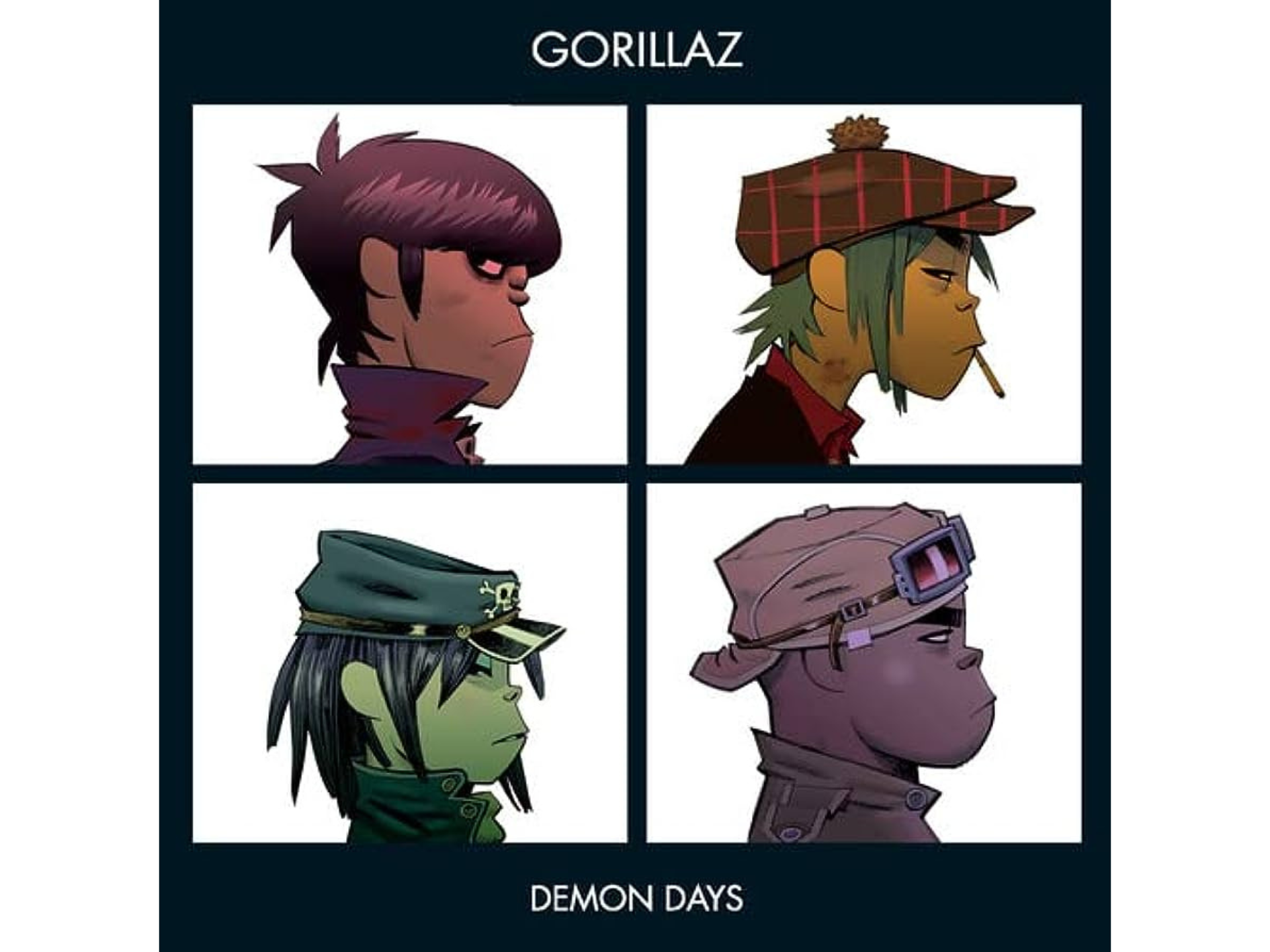
2005’s Demon Days from Gorillaz isn’t just an album; it’s an experience. Unveiling dark tales from a dystopian world, the animated band traverses themes of war, environmental decline, and mental health. With its eclectic sound and striking imagery, listeners are transported straight into the Gorillaz universe.
Neutral Milk Hotel – In the Aeroplane Over the Sea
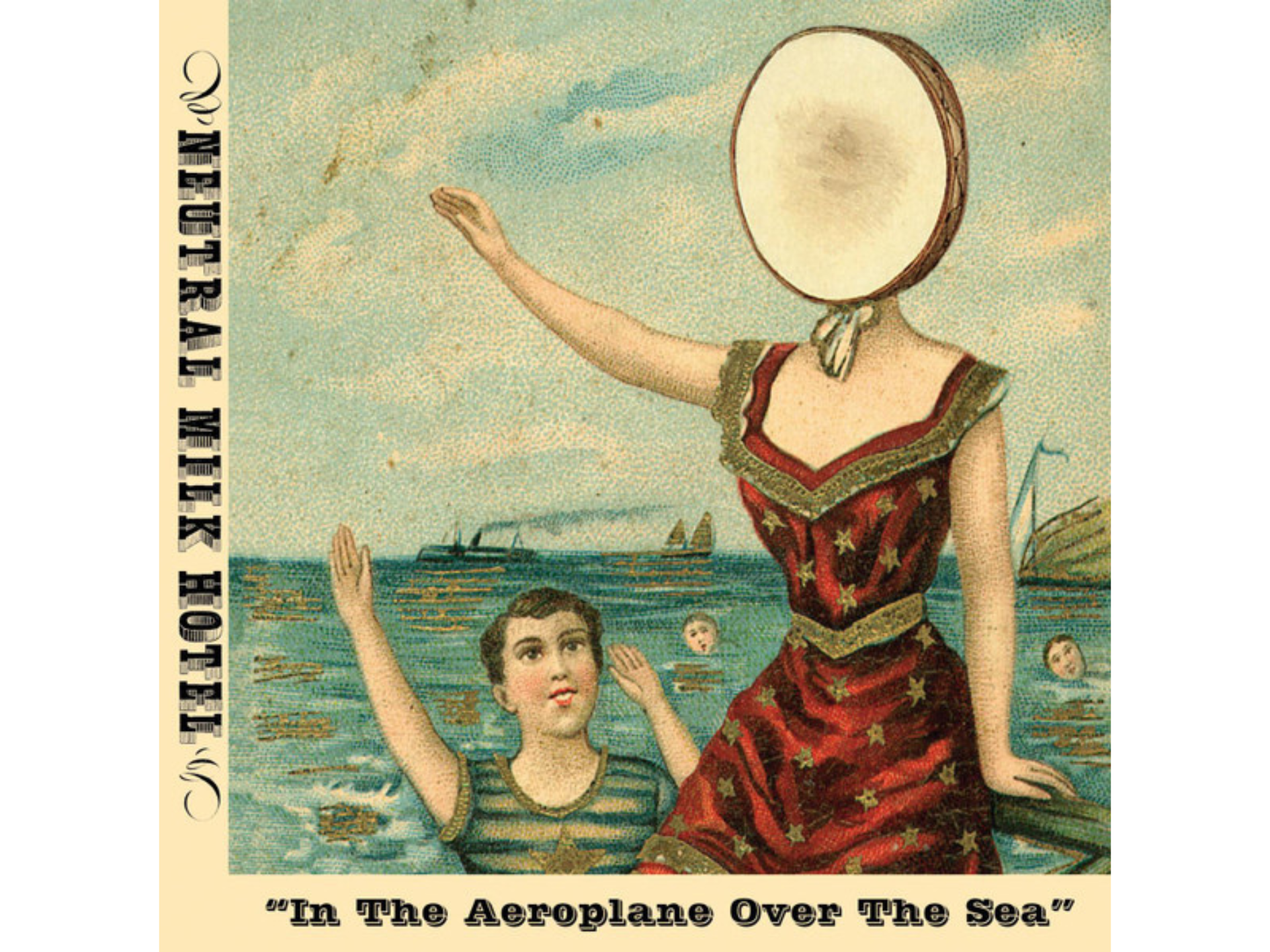
In 1998, Neutral Milk Hotel released a whirlwind of an album with In the Aeroplane Over the Sea. The album was directly influenced by The Diary of a Young Girl, by Anne Frank. Raw and deeply emotive, it’s the kind of album that could be confusing at first, but then it hits deep, and suddenly, it all makes sense.
Green Day – American Idiot
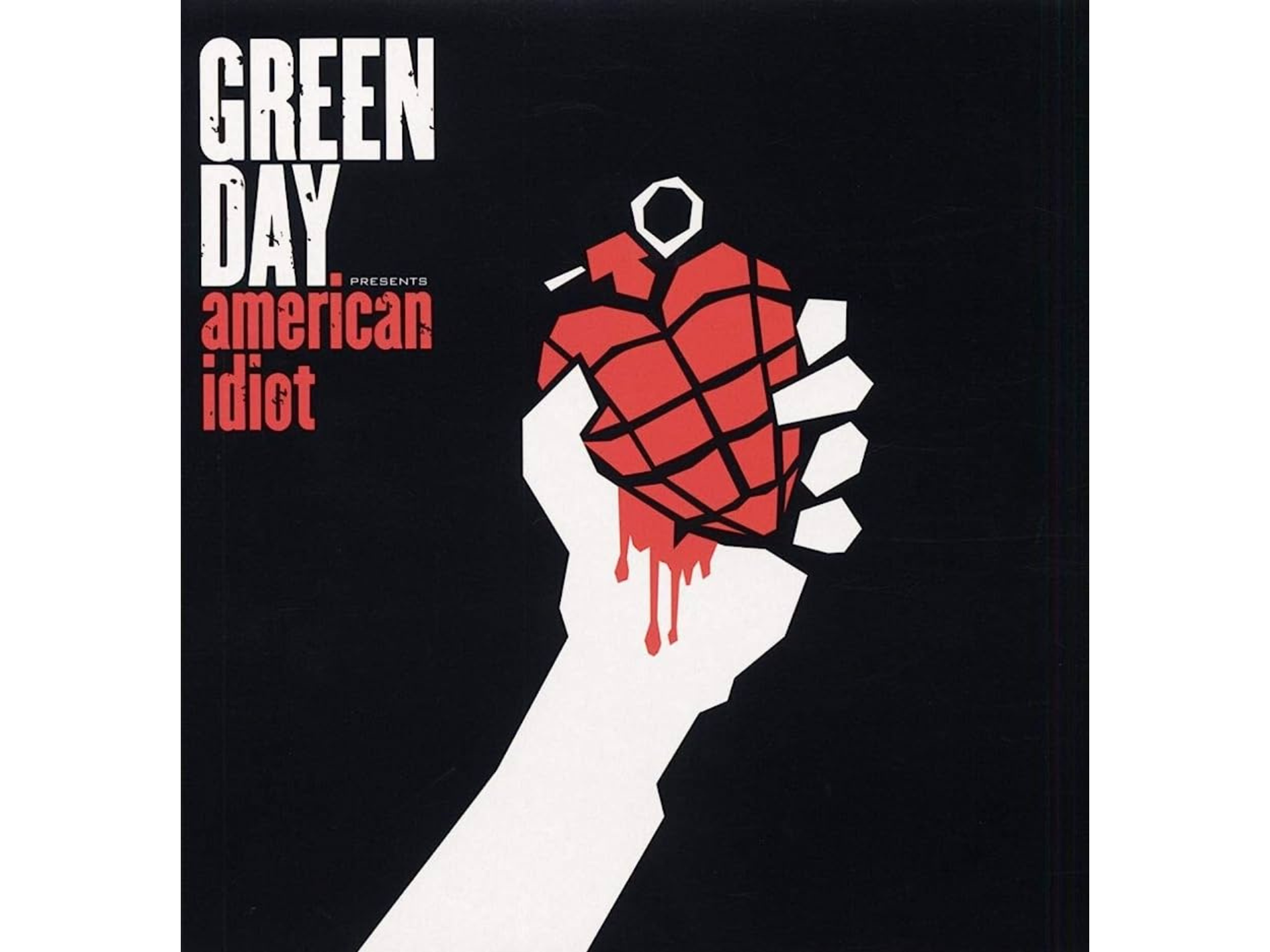
2004 saw Green Day pivot from punk rock anthems to a full-blown rock opera with American Idiot. Following the life of the Jesus of Suburbia, the album’s a biting critique of post-9/11 America. It wasn’t just an album; it was a statement. And whether you were there for the narrative or the head-banging, it definitely struck a chord.
King Crimson – In the Court of the Crimson King
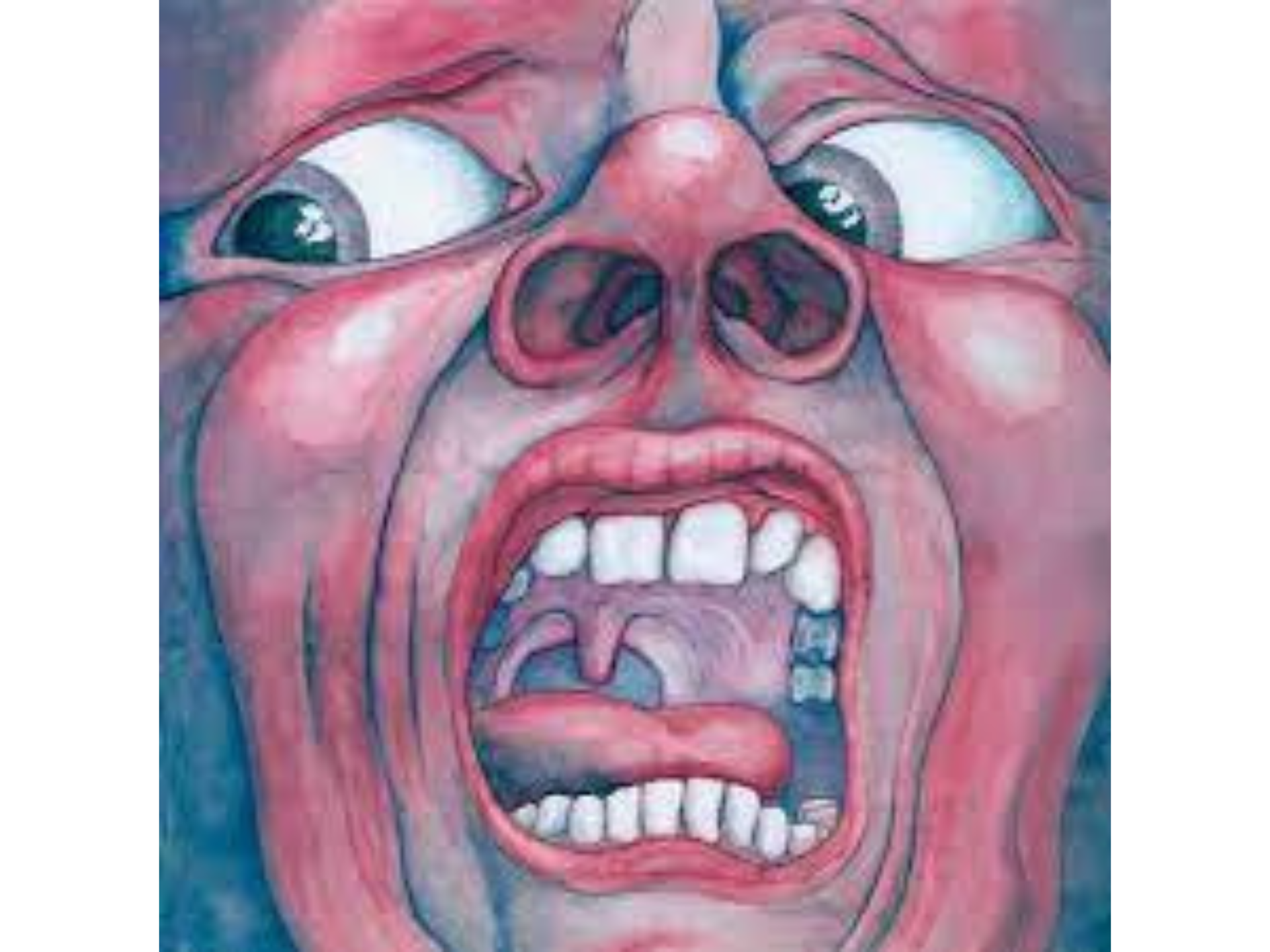
1969 saw the release of King Crimson’s In the Court of the Crimson King, and progressive rock was never the same again. With its intricate lyricism, the album is a voyage through myths, magic, and a touch of madness. From its iconic cover to its final notes, it’s a classic that still echoes in the annals of rock.
Sufjan Stevens – Illinois

Sufjan Stevens set an ambitious goal: an album for every US state. While that didn’t pan out, 2005’s Illinois made a mark. Beyond just state facts, Stevens crafts heartfelt tales about its people and places. It’s a deep dive into Americana, blending folk with indie rock. For those unacquainted with Illinois, this is a pretty scenic audio introduction.
The Streets – A Grand Don’t Come for Free
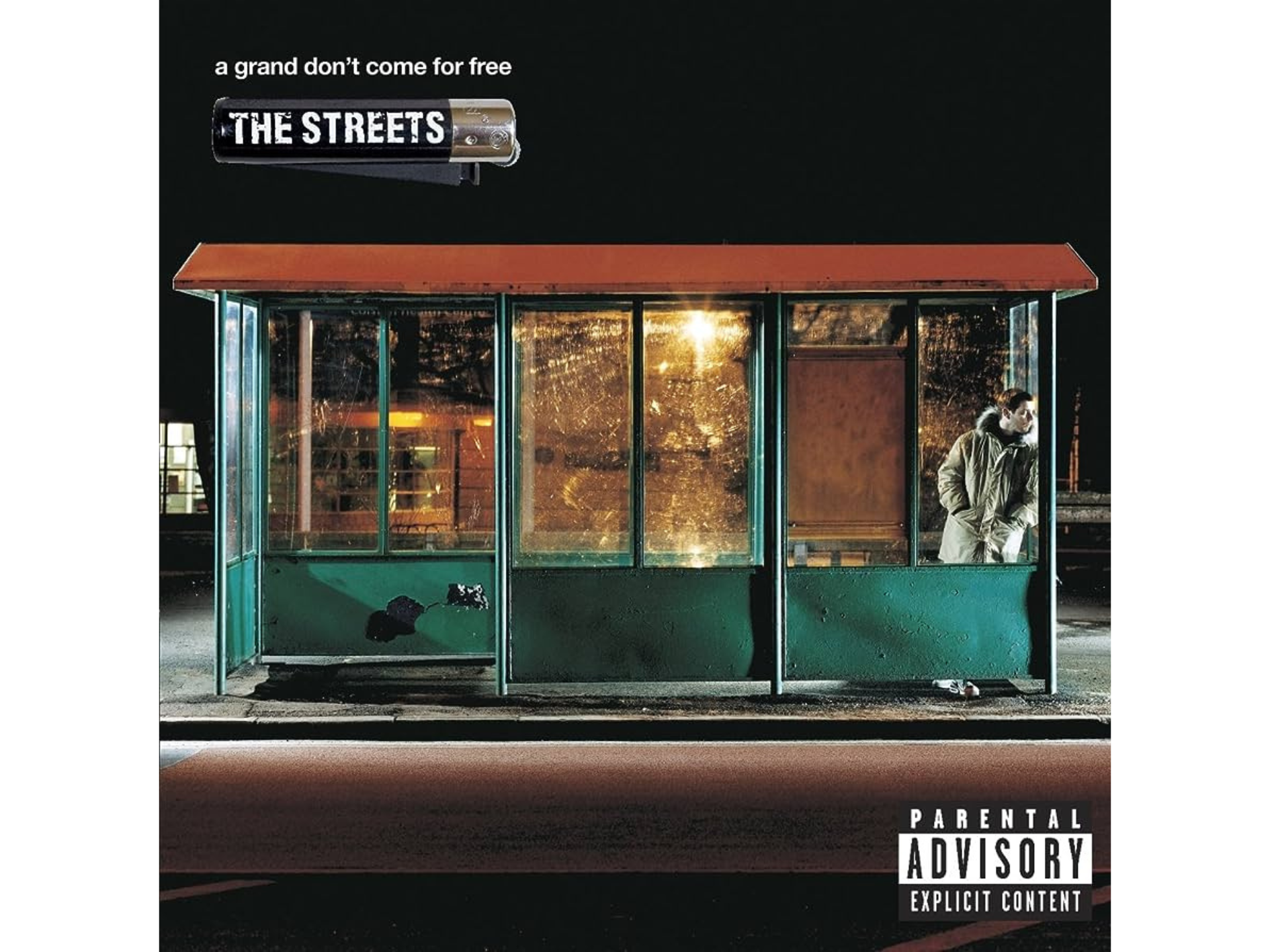
British hip-hop artist The Streets, aka Mike Skinner, delivered a day-in-the-life narrative with 2004’s A Grand Don’t Come For Free. From losing money to broken relationships, it’s a raw, relatable journey. With its urban beats and everyday tales, listeners felt like they were strolling the streets of the UK alongside Skinner.
The Protomen – Act II: The Father of Death
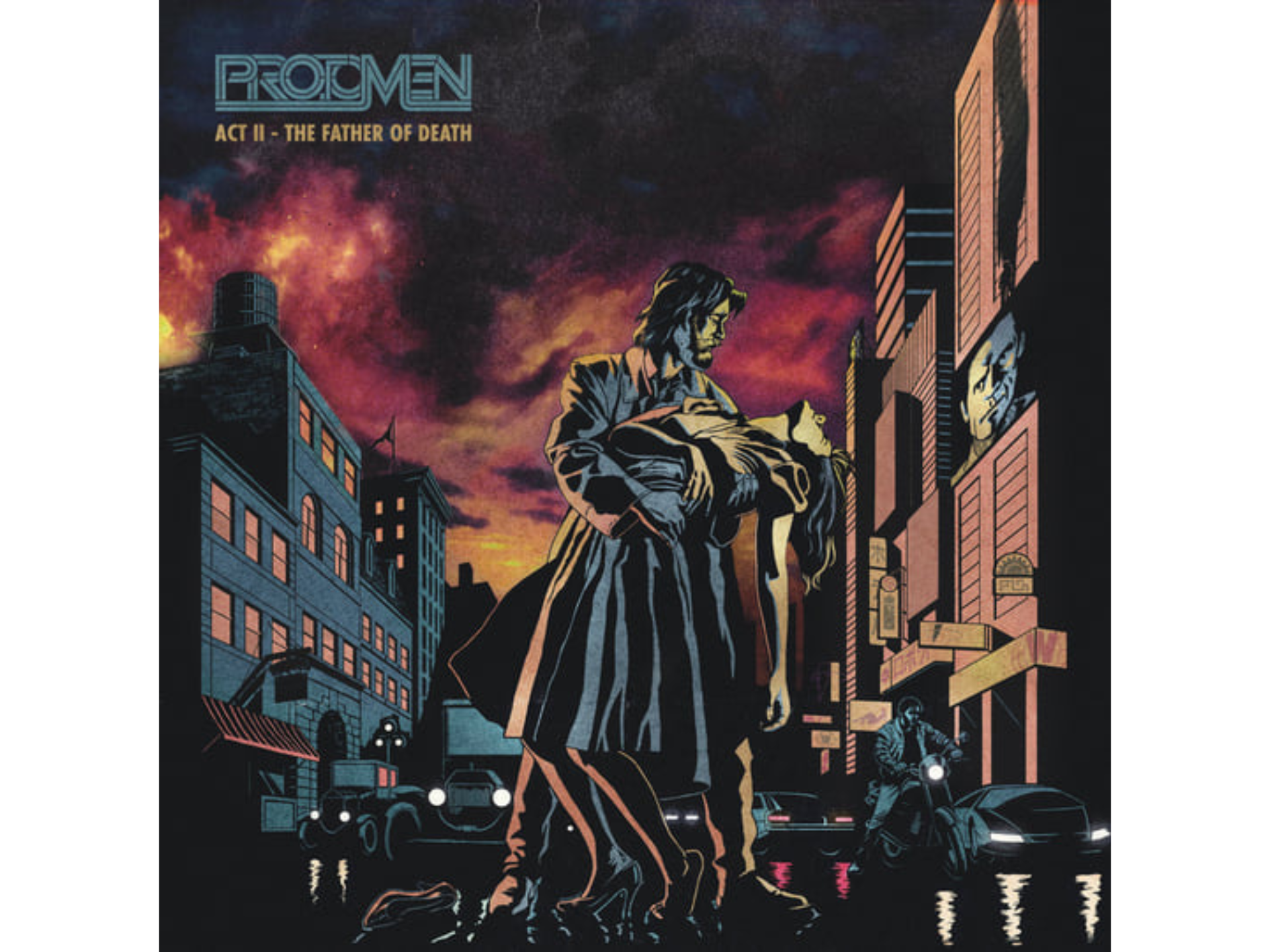
Dipping into the realm of rock opera, The Protomen’s Act II from 2009 draws heavily from the Mega Man video game universe. But this isn’t child’s play. The album delves into themes of betrayal, dystopia, and rebellion. With its 80s rock vibes, it’s both a nostalgic trip and a fresh take on a classic story.
Frank Zappa – Joe’s Garage
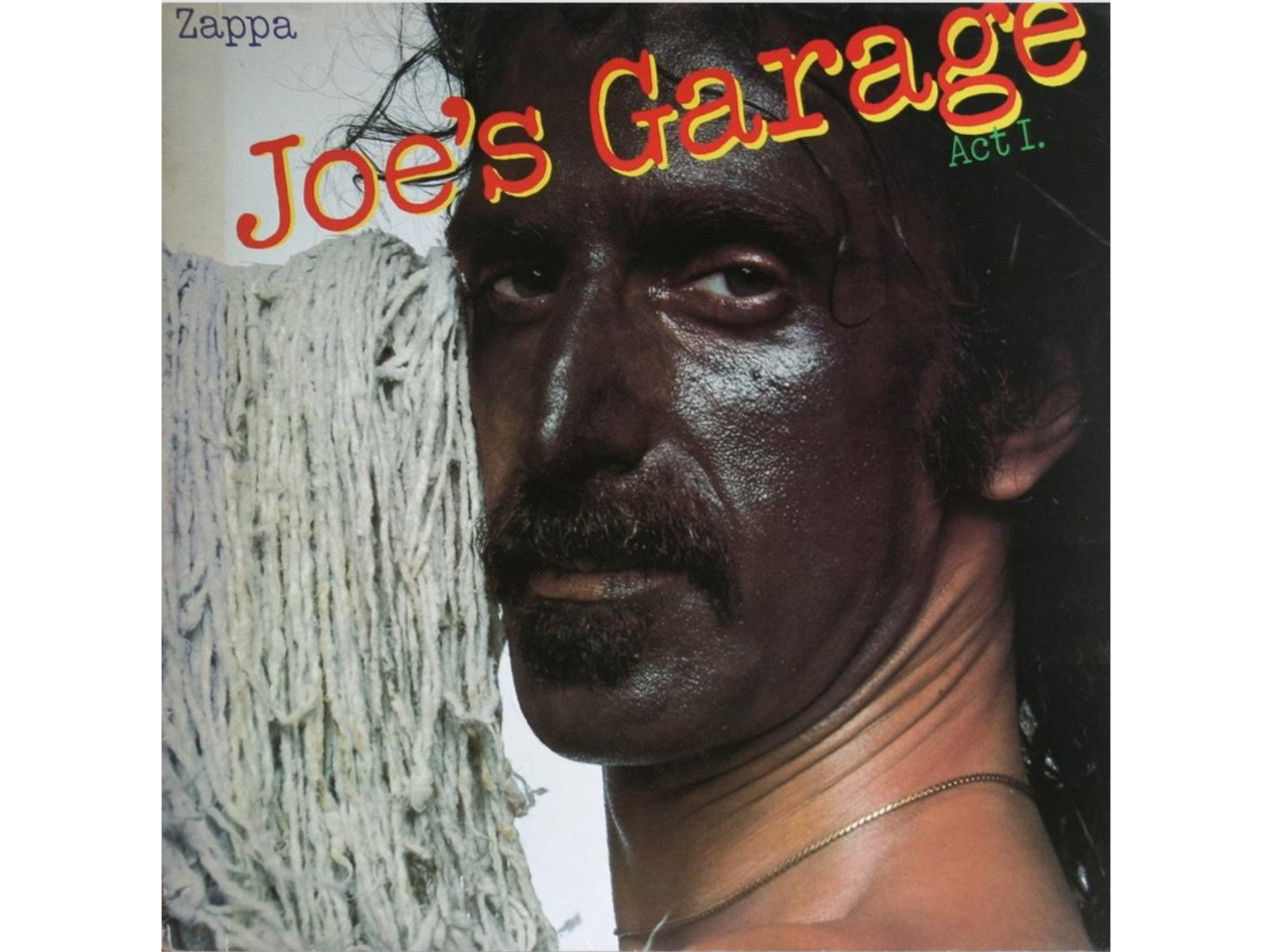
Master of the eccentric, Frank Zappa, crafted his own satirical rock opera with 1979’s Joe’s Garage. Spanning three acts, it chronicles the rise and fall of an average Joe who forms a band, only to grapple with societal repression and the pitfalls of fame. The album is a peculiar yet fascinating ride for listeners both devoted and new.
Pink Floyd – The Wall
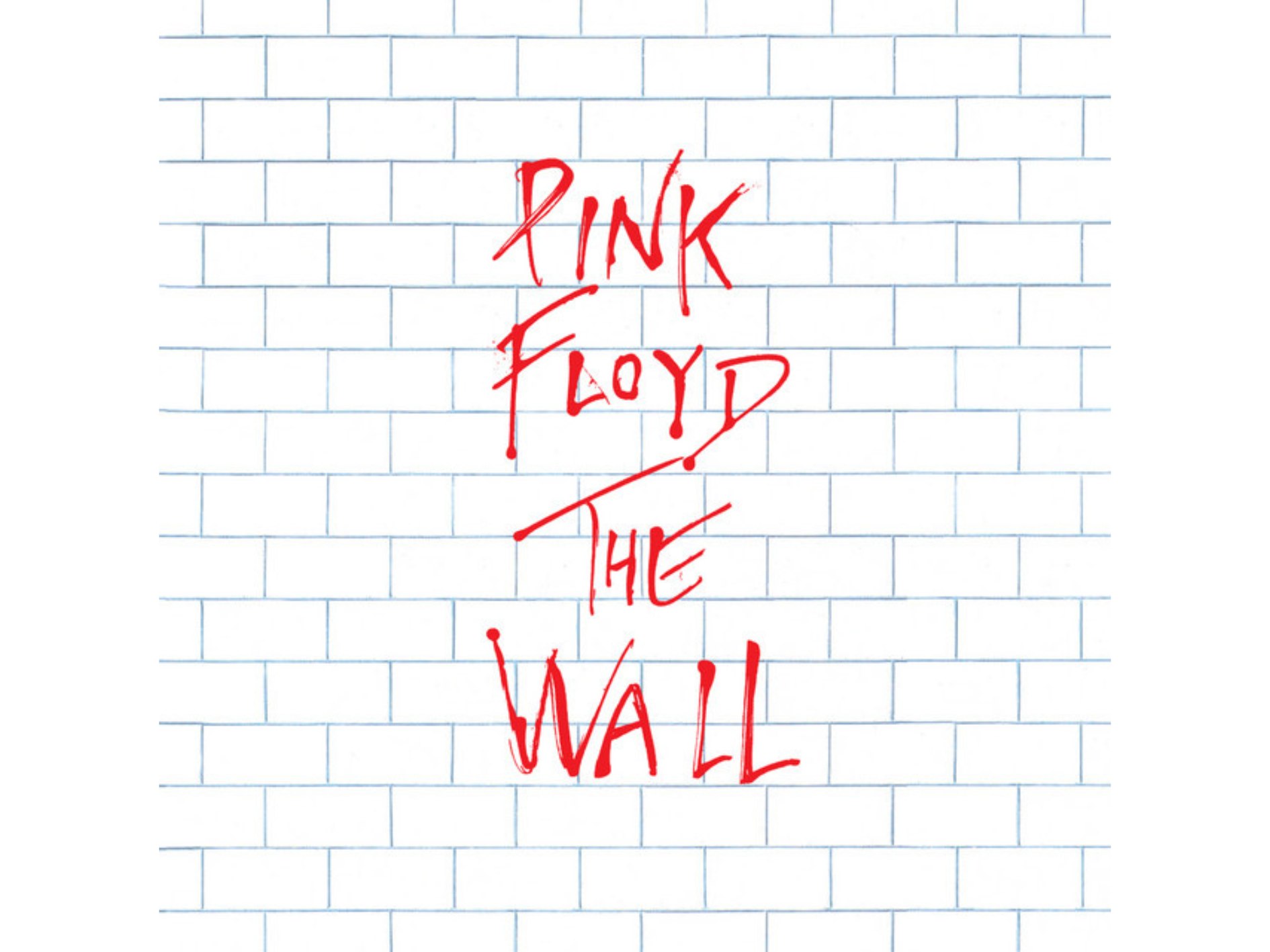
Few bands epitomize the spirit of the concept album like Pink Floyd. 1979’s The Wall is their magnum opus – a semi-autobiographical journey following a rock star’s descent into isolation and madness. With unforgettable tracks and striking motifs of war and childhood trauma, this album later inspired a film and is an excellent demonstration of the band’s enduring artistic ambition.
The Kinks – Arthur (Or the Decline and Fall of the British Empire)
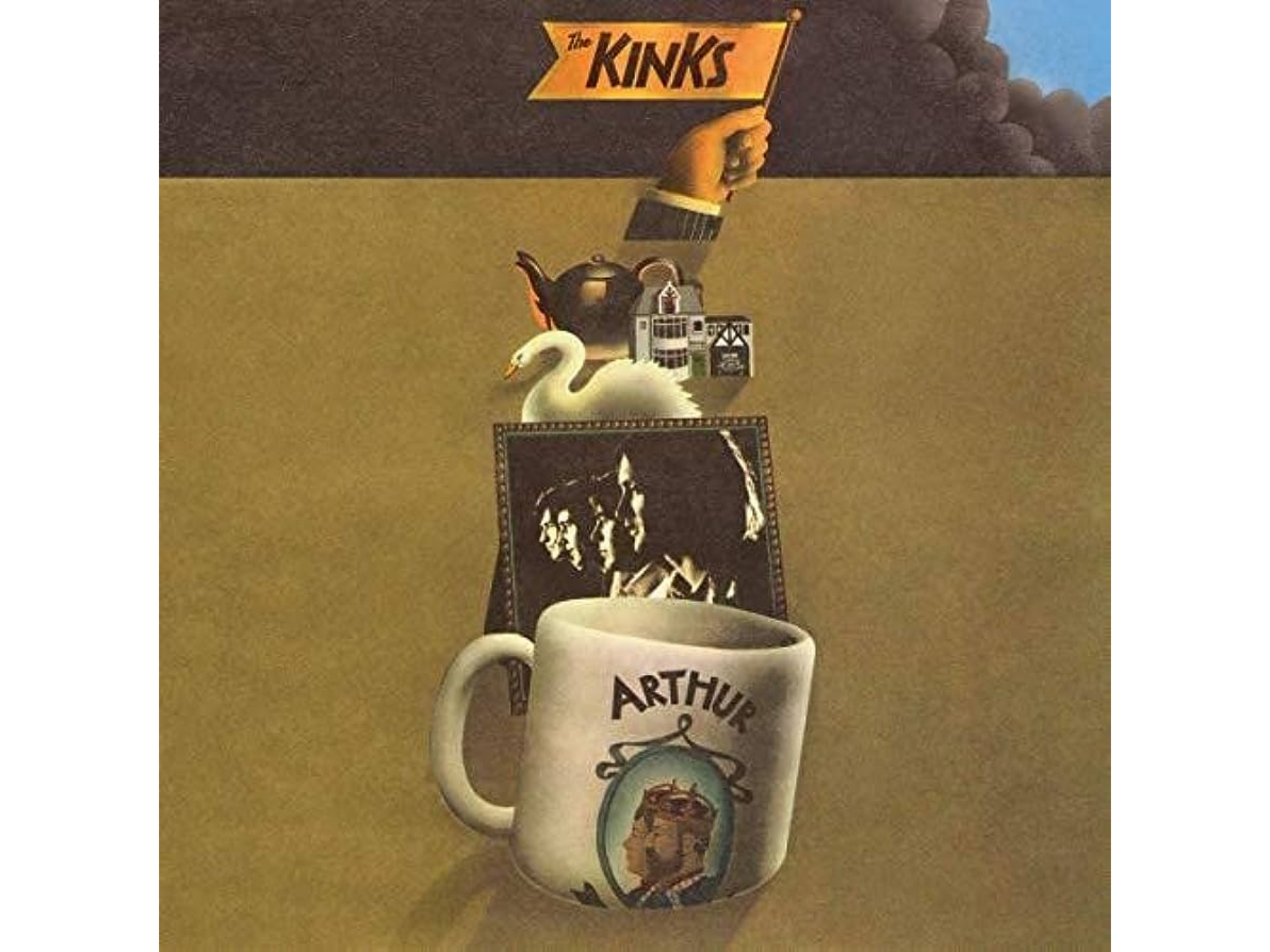
Delving deep into British culture, The Kinks crafted a poignant and sharp-witted concept album in 1969 with Arthur. Charting the journey of an average Englishman, the narrative touches on the nation’s post-war struggles, societal changes, and cultural shifts. Through Ray Davies’ masterful songwriting, The Kinks balance cynicism and affection for the empire they portray.
Jay-Z – American Gangster
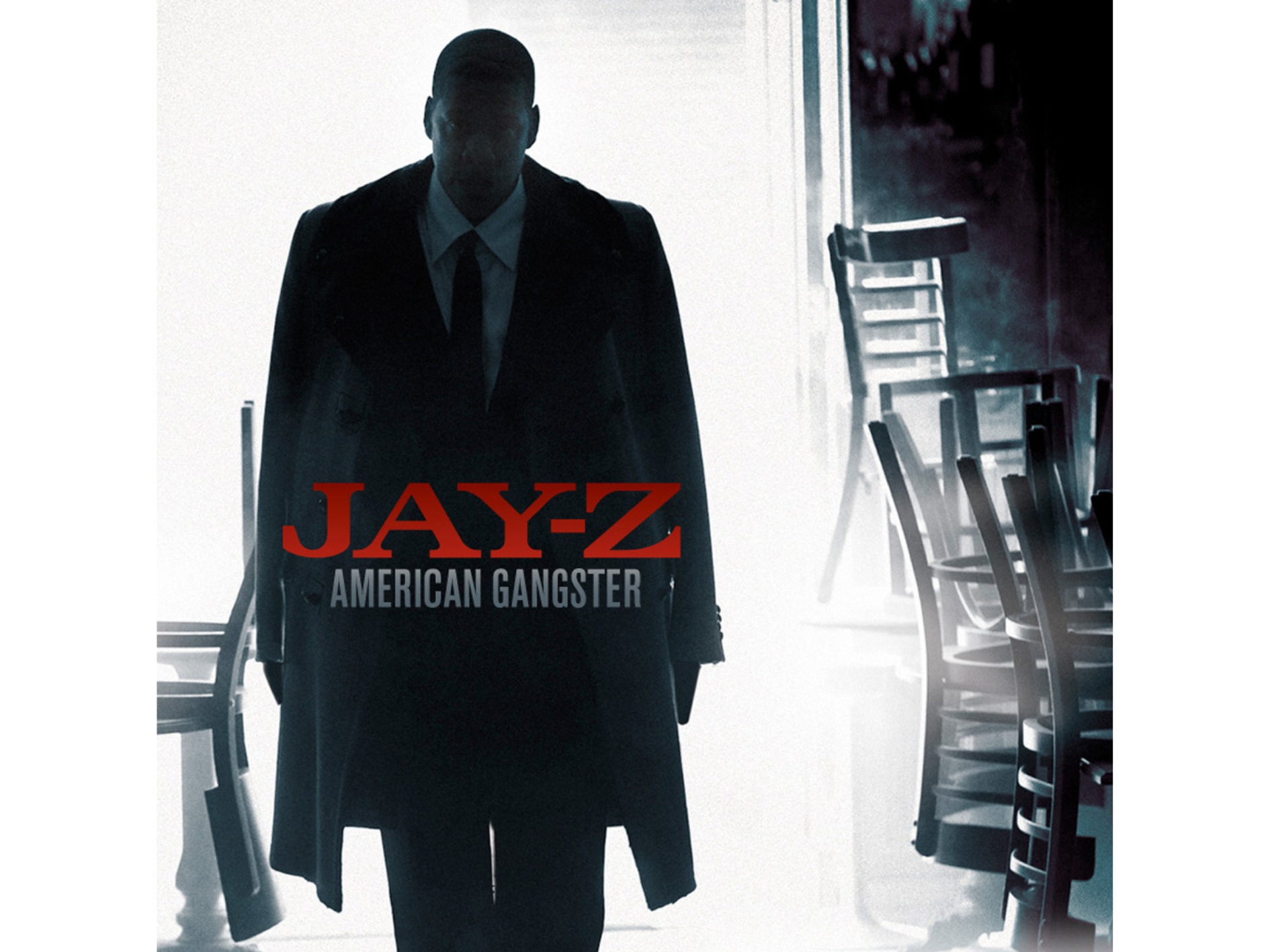
2007 brought us Jay-Z’s American Gangster, inspired by the movie of the same name. Dipping into his earlier life and street hustles, it’s a blend of raw stories and solid beats. The sharp lyrics make it clear that Jay-Z hasn’t forgotten where he started. It’s real, no-frills storytelling.
My Chemical Romance – The Black Parade
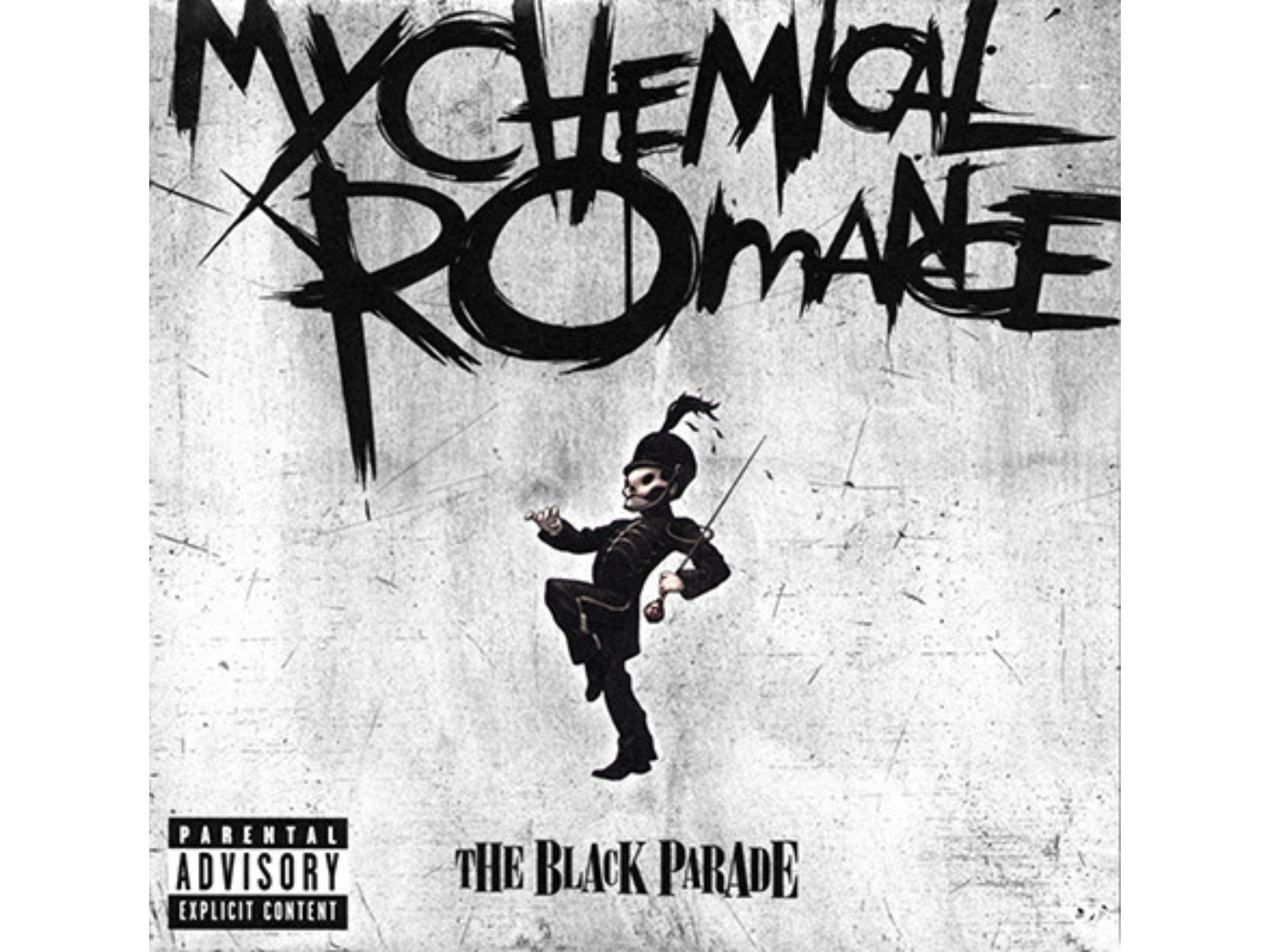
My Chemical Romance brought an operatic twist with 2006’s The Black Parade. The narrative revolves around a protagonist confronting the afterlife, offering a look at life’s rollercoaster of emotions. The ambitious storytelling combined with the band’s iconic rock sound made it a standout release.
The Decemberists – The Hazards of Love
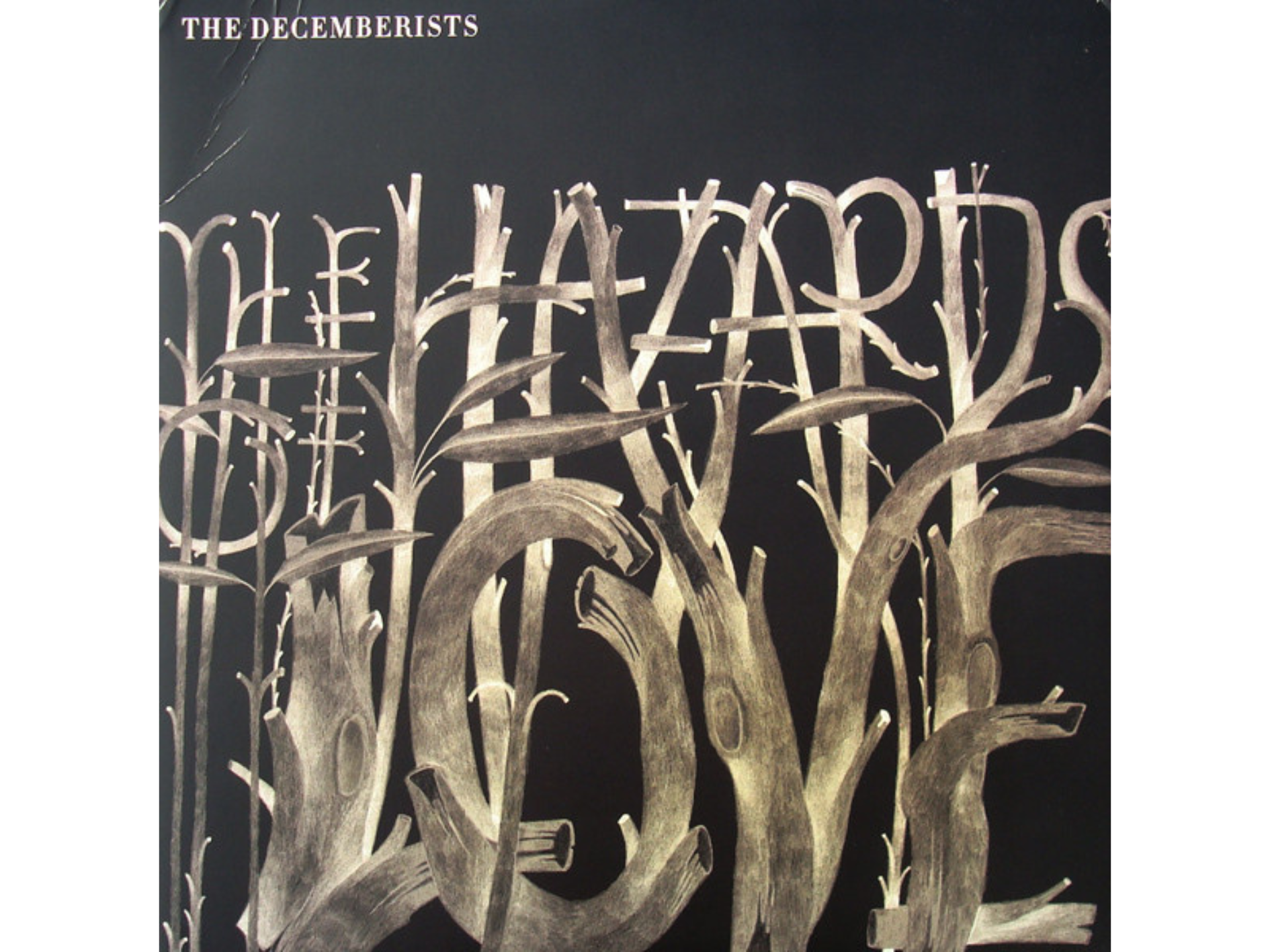
Indie darlings The Decemberists went all out with their rock opera, The Hazards of Love, in 2009. Interweaving tales of romance, supernatural elements, and dark forest adventures, it’s a wild journey from start to finish. Frontman Colin Meloy’s storytelling shines, making it a uniquely mesmerizing addition to the band’s discography.
Tyler, The Creator – IGOR
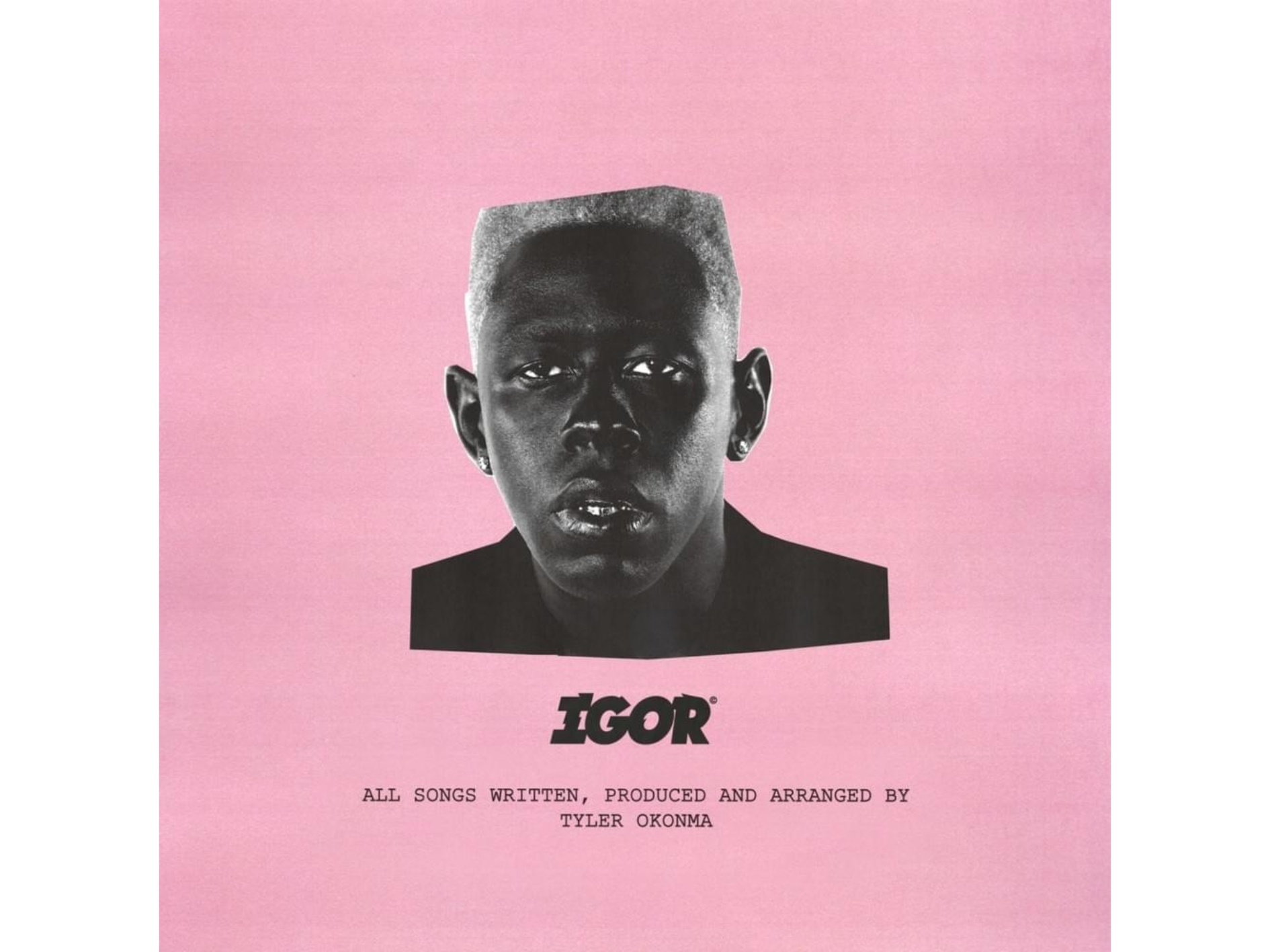
Dabbling in heartbreak and self-exploration, Tyler, The Creator’s 2019 album IGOR is a genre-blending experience. From the highs of infatuation to the lows of heartache, it’s a colorful journey of a man in the throes of love’s complications. Paired with Tyler’s unique flair and production genius, IGOR feels like a rollercoaster of emotions – thrilling, intense, and intensely captivating.
Queen – Queen II
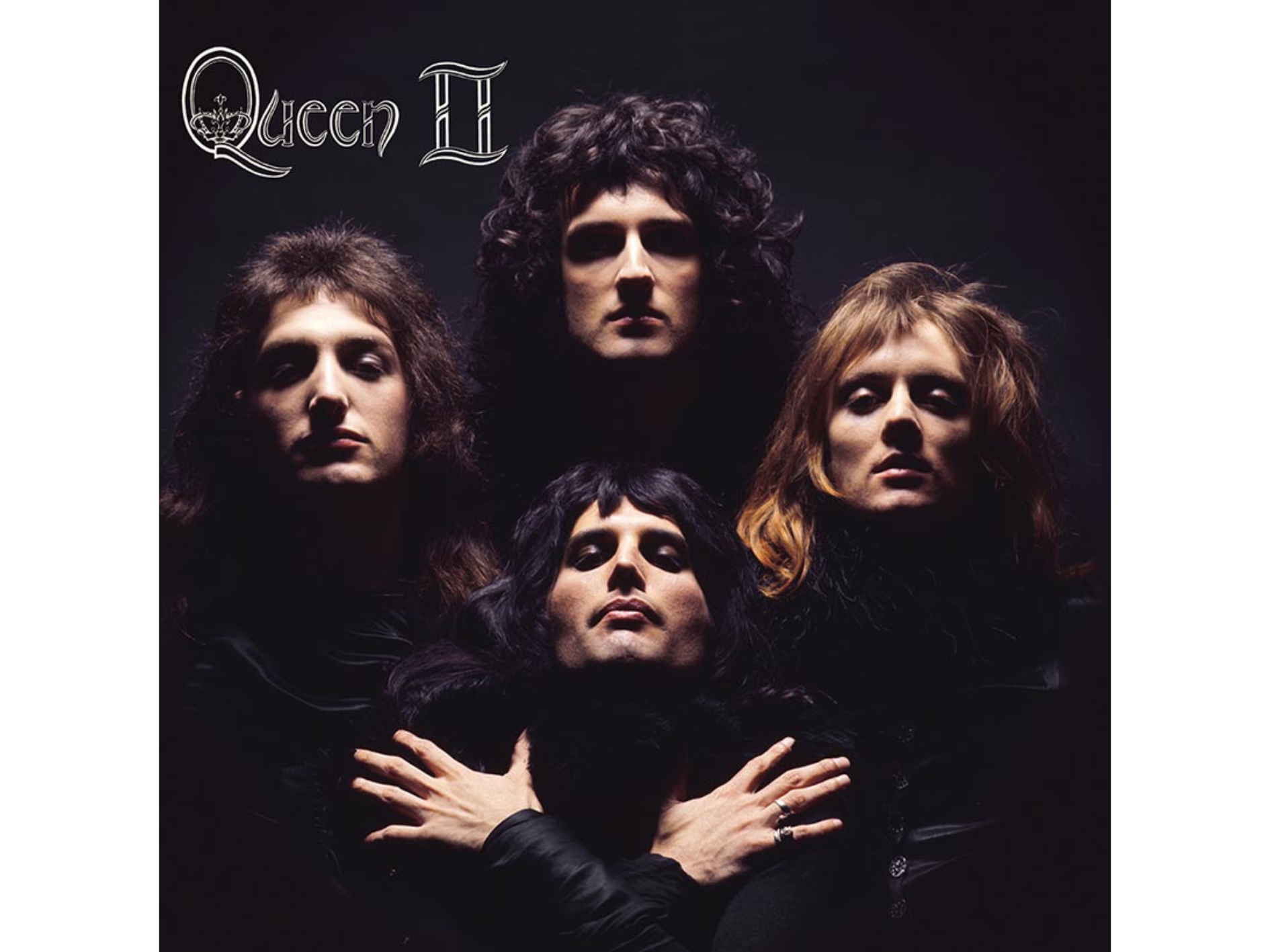
In 1974, Queen dropped Queen II, showcasing a different side of their sound. With tracks divided into White and Black sides, the album dives into fantasy and rock vibes. Freddie Mercury’s powerful vocals and Brian May’s standout guitar work are front and center. Queen II made it clear: this band was more than just catchy tunes, they were musical veterans.
Marilyn Manson – Antichrist Superstar
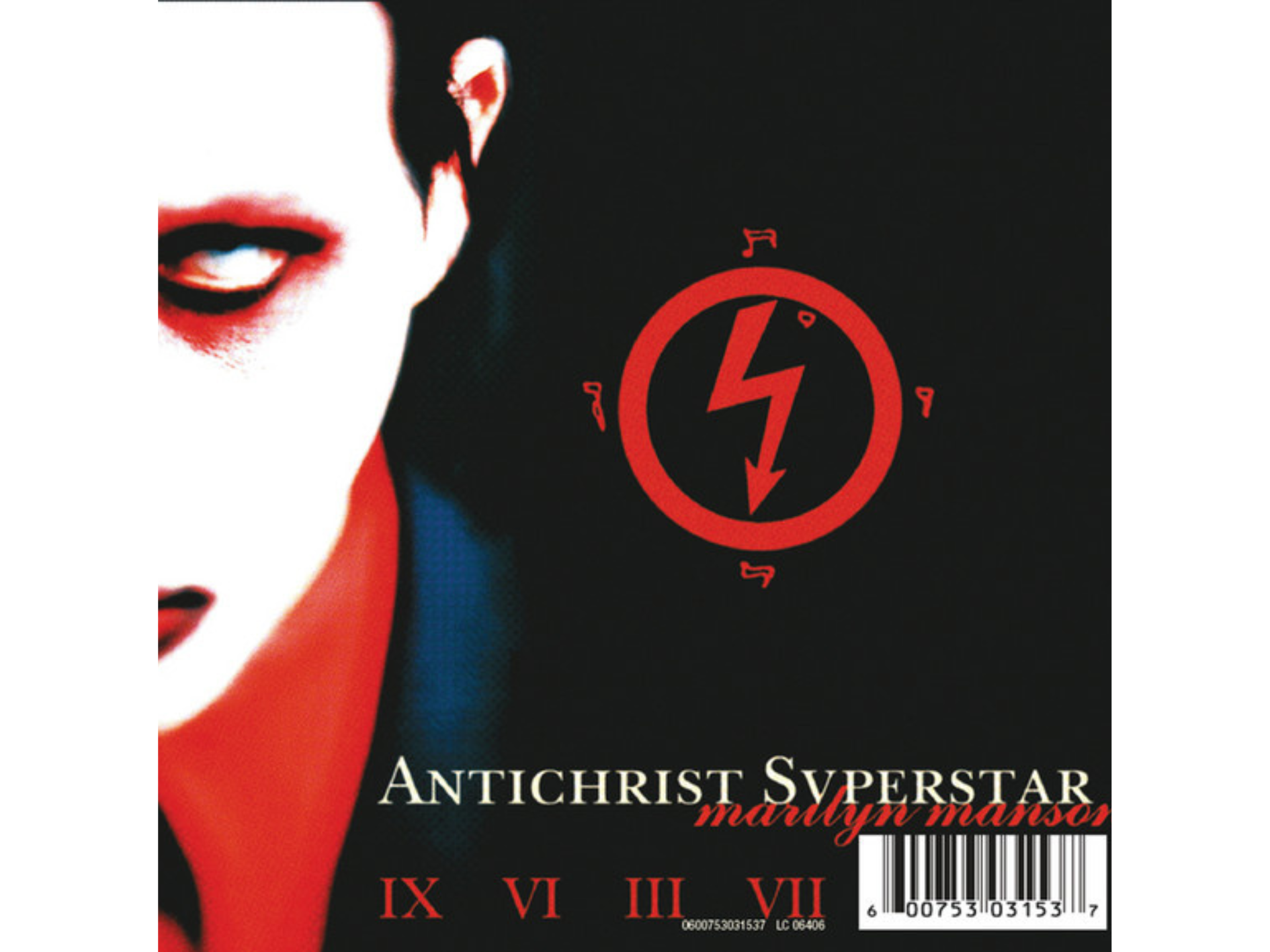
Marilyn Manson really shook things up with his 1996 album, Antichrist Superstar. Imagine a story about a powerful being taking over Earth only to find it’s lost its value. Manson tackled deep themes like society’s decline and personal change. It’s a mix of dark theatrics and boundary-pushing concepts that either left fans amazed or downright unsettled.
King Diamond – Abigail
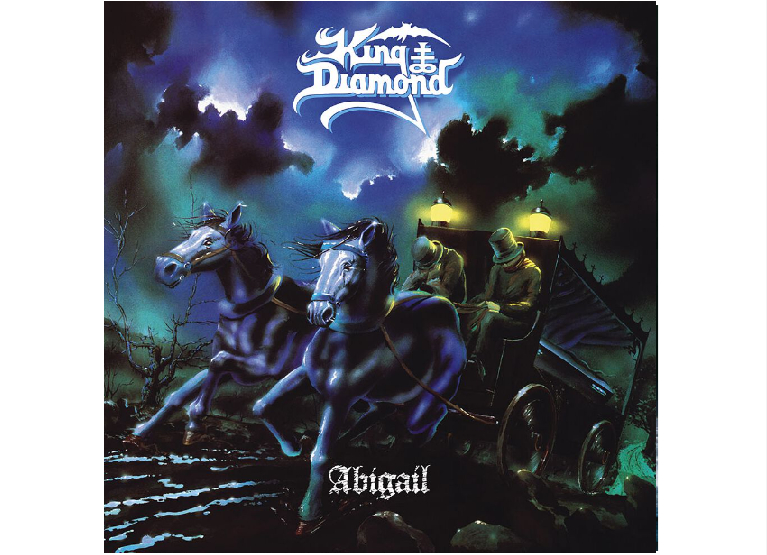
Most of the Danish metal band King Diamond’s output has been concept albums, but 1987’s Abigail goes above and beyond. Set in 1845, the narrative follows a young couple called Miriam and Jonathan as they move into a new mansion, despite stark warnings from various horsemen. Hijinks ensue!
Queens of the Stone Age – Songs for the Deaf
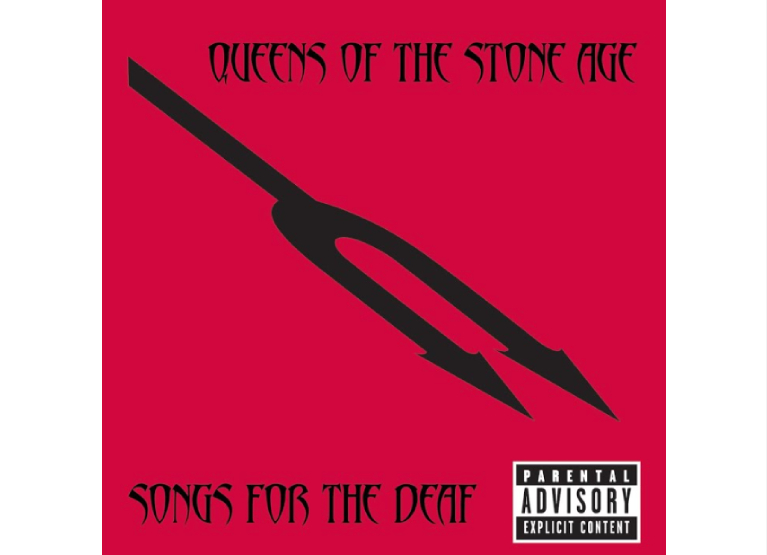
This 2002 album isn’t actually for the deaf. That’s just a whimsical/slightly problematic title. It actually follows the narrative of a drive through the Californian desert, with each song representing something picked up by random radio stations along the way. Pretty neat, if simple.
The Residents – God In Three Persons
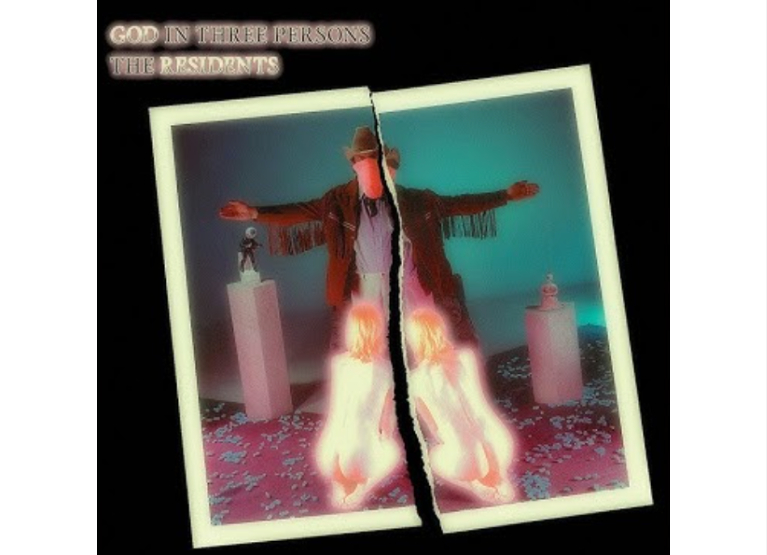
The Residents have released over 60 albums since their first effort in 1974, most of which fall under the concept album umbrella. God In Three Persons is one of their weirdest. Released in 1988, it follows the story of conjoined twins with healing powers who are marketed by a showbiz entrepreneur.
The Turtles – Present The Battle Of The Bands
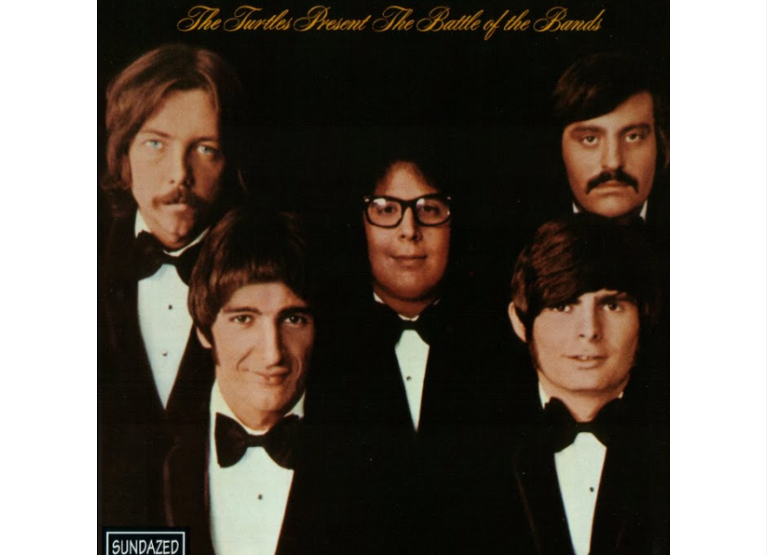
The Turtles began life as a cozy surf-rock group in the 1960s before quickly delving into the ambiguous waters of concept albums. In 1968, Present The Battle Of The Bands was released to cult acclaim. Each song is credited to a fictional band and hops between genres like country, psychedelia, pop and R’nB.
Tuomas Holopainen – Music Inspired By The Life and Times of Scrooge
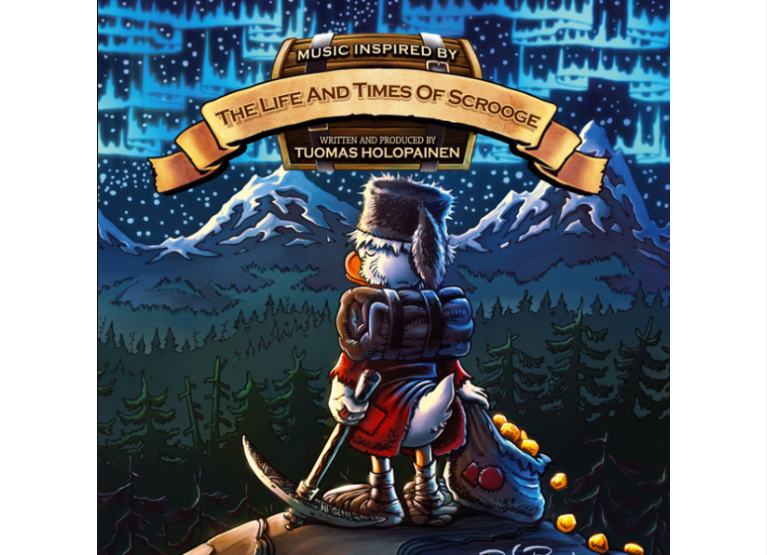
Tuomas Holopainen not only has one of the best names in music, but one of the best concept albums. 2014’s Music Inspired By The Life and Times of Scrooge doesn’t sound like it needs much explaining, but it isn’t actually about Charles Dickens’ infamous crank. It’s about Scrooge McDuck, from a 90s graphic novel written by Don Rosa.
Spider-Man: Rock Reflections of a Superhero
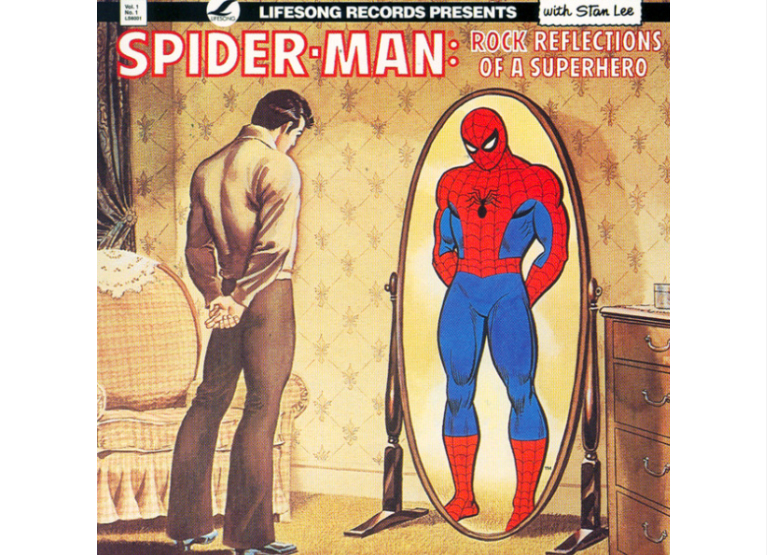
Keep to cash in on a superhero musical, Marvel approached Lifesong Records in 1975 to produce an album about one of their most popular characters, Spider-Man that could appeal to college kids. All acts with the label contributed their bit, though prog-rock group Crack the Sky did most of the work.
Genesis – The Lamb Lies Down On Broadway
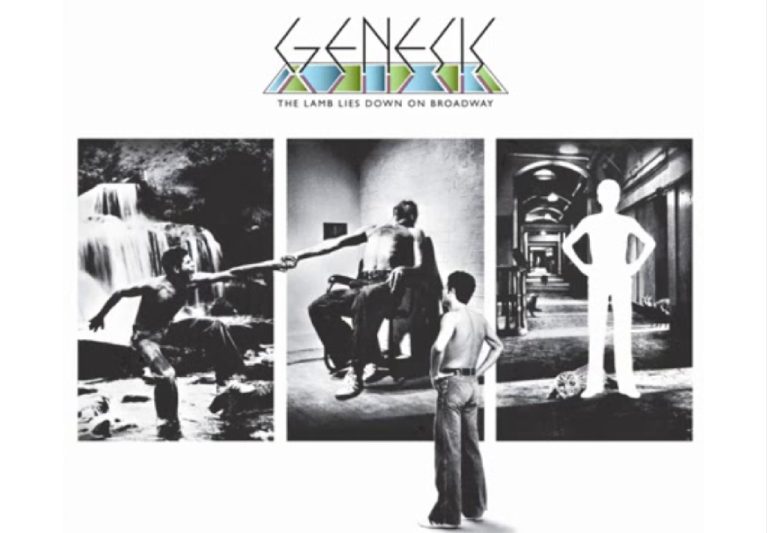
Before Genesis became lame, they were right up there with the best of them in the prog-rock game. The Lamb Lies Down On Broadway, their sixth studio album released in 1974, follows the tribals the tribulations of a Puerto Rican kid from New York and the bizarre characters and situations he encounters on a surreal journey of self-discovery. At one point, he’s sucked into a movie screen and has his “hairy” heart shaved.
Morgan Fisher – Hybrid Kids
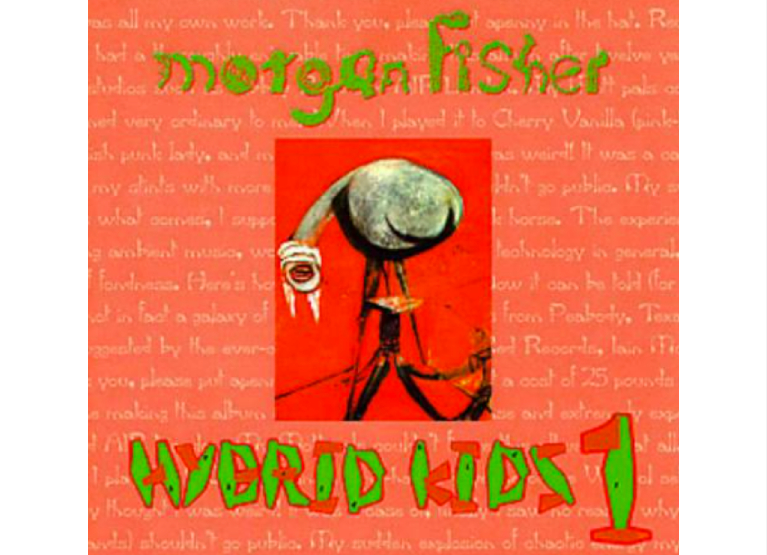
Released in 1979, Hybrid Kids was a fake compilation album, much like The Turtles Present The Battle Of The Bands. Morgan Fisher, of Mott the Hoople fame, performs covers of songs to make them unrecognisable. Rod Stewart’s Do Ya Think I’m Sexy becomes techno, You’ve Lost That Loving Feeling becomes prog, and Wuthering Heights become dub reggae.
The Pretty Things – SF Sorrow
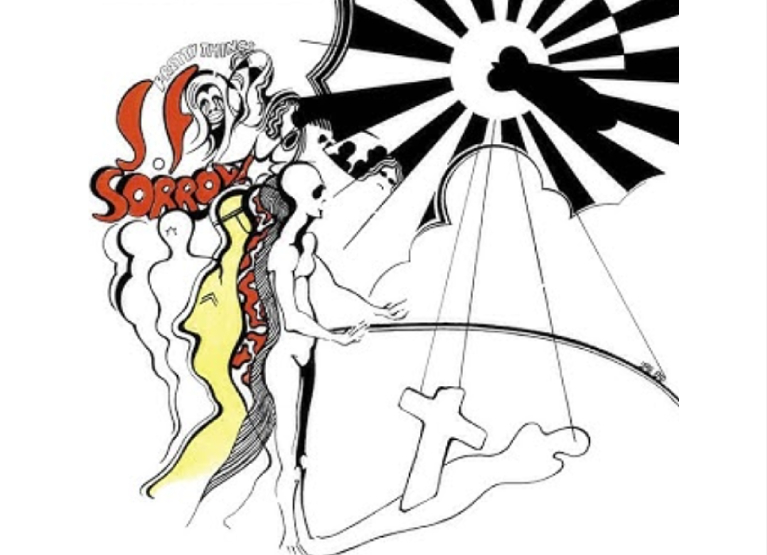
1968’s SF Sorrow is considered to be the first true rock opera. This Pretty Things LP tells the story of Sebastian from birth to adolescence, in a fantastical journey that is detailed through blurbs in the liner notes. Sadly, SF Sorrow failed to chart in the UK and didn’t find much of an audience in the States. It has since grown in popularity.
The Four Seasons – The Genuine Imitation Life Gazette
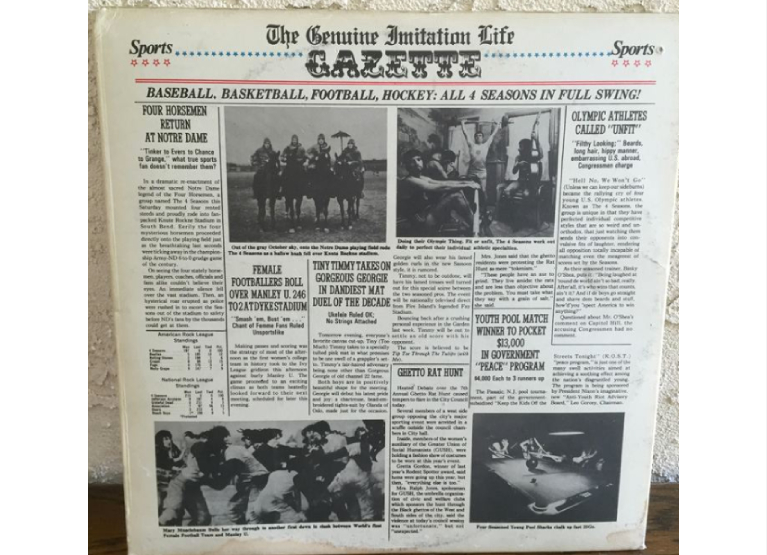
By 1969, The Four Seasons’ doo-wop shtick was prehistoric. This was an age of experimental music and concept albums. They adapted, releasing The Genuine Imitation Life Gazette, digging their teeth into birth and death, to love and divorce. It’s not zany but it’s a solid effort from these Jersey Boys and still overlooked today.
Small Faces – Ogden’s Nut Gone Flake
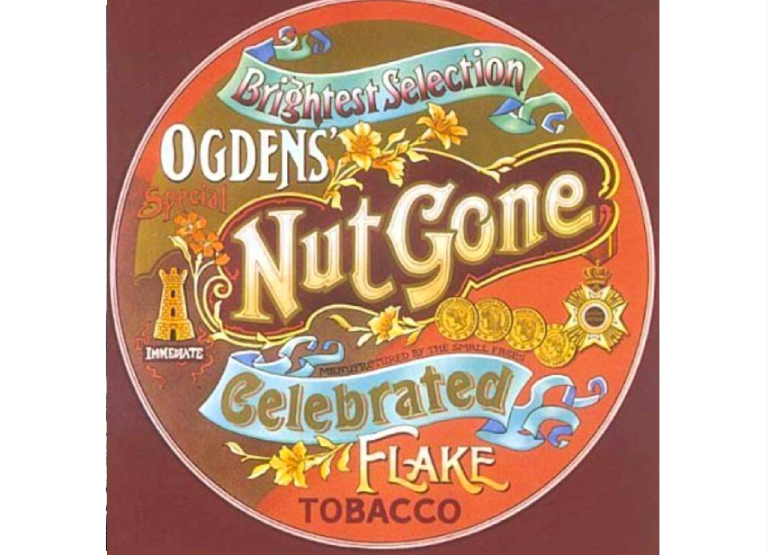
1968’s Ogden’s Nut Gone Flake has a concept album within itself, making this a truly novel entry. The second half of this Small Faces LP is a six-song suite called Happiness Stan, about a man looking for the missing half of the moon. British actor Stanley Unwin was convinced to provide the between-song narration, which only adds to the magic.
Paul Kanter- Blows Against The Empire
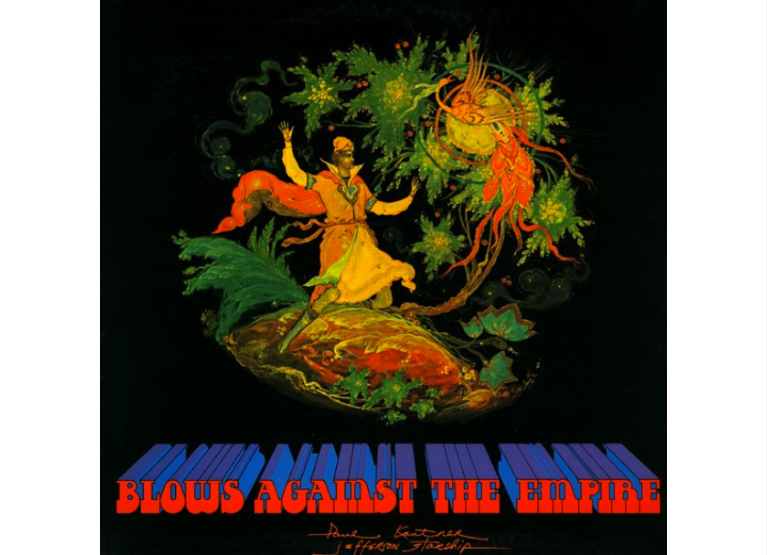
Paul Kanter’s Blows Against the Empire combined counterculture philosophy with space travel, telling the story of a hippie commune that steal a starship and form a Utopian society in the wider universe. This delightfully time-relevant LP from 1970 remains a quirky, fun piece of work that makes us wonder what could have been.
Jethro Tull – Thick as a Brick
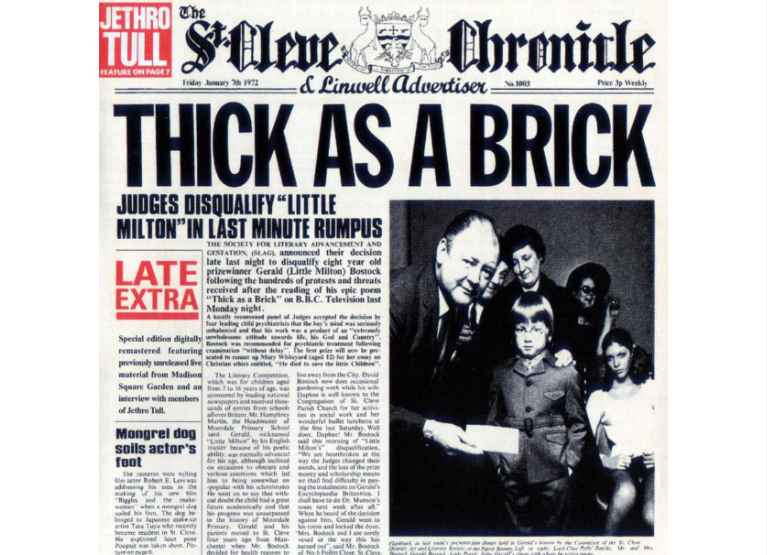
Thick as a Brick is a spoof concept album from 1972 aimed at the press and critics, which fans ate up - even if they weren’t supposed to. The LP has one 44-minute song on both sides, which sends up the concept album and its pretentious adorers. It turns out the general public was crying out for a dressing down of the genre.
Yes – Tales From Topographic Oceans
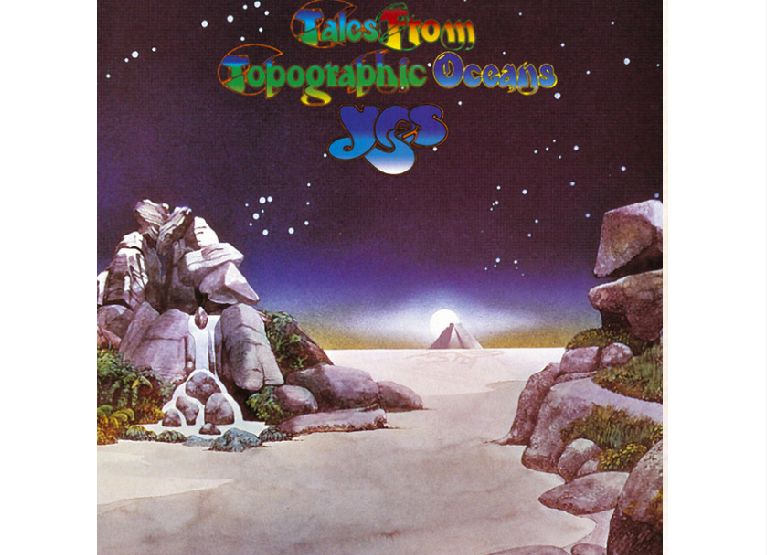
The concept of Yes’ 1973 Tales From Topographic Oceans has something to do with singer Jon Anderon’s interest in Yogi Paramahansa Yogananda and Hindu text. Rick Wakeman, the group’s keyboardist, was having none of it. “Have I ever been drunk on stage?” he once told a live audience. “It was the only way I could play ‘Tales From Topographic Oceans.'”
The Osmonds – The Plan
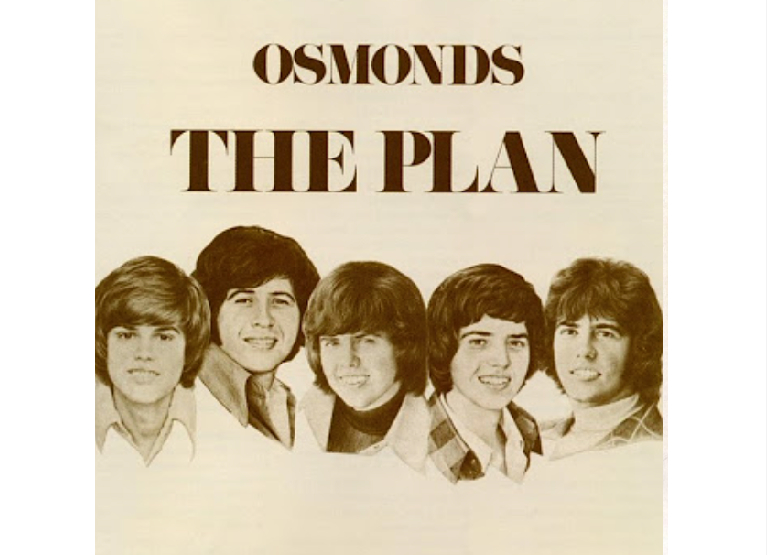
Yes, The Osmonds! In 1973’s The Plan, they decided to immortalise their Mormon beliefs and upbringing. Starting with War in Heaven and finishing with Goin’ Home, there’s a helluva lot of religious music at play here. The Plan is nowhere near as good as their 1972 album Crazy Horses, but it’s a decent try.
The Kinks – Soap Opera
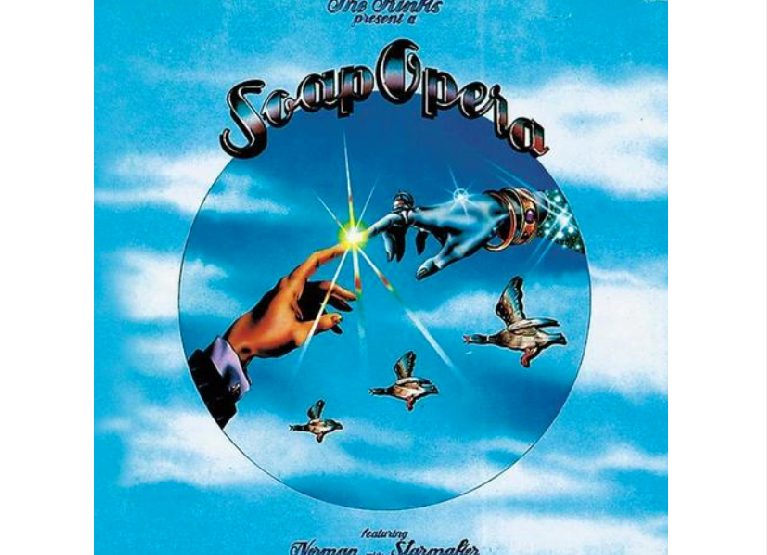
Soap Opera tells the story of a musician called Starmaker who switches places with Norman, an average Joe, to see what life is really all about. He discovers the curious gap between fortune and fame. Released in 1975, the album failed to make an impression on fans or the musical press. But those who know, know.
Lou Reed – Metal Machine Music
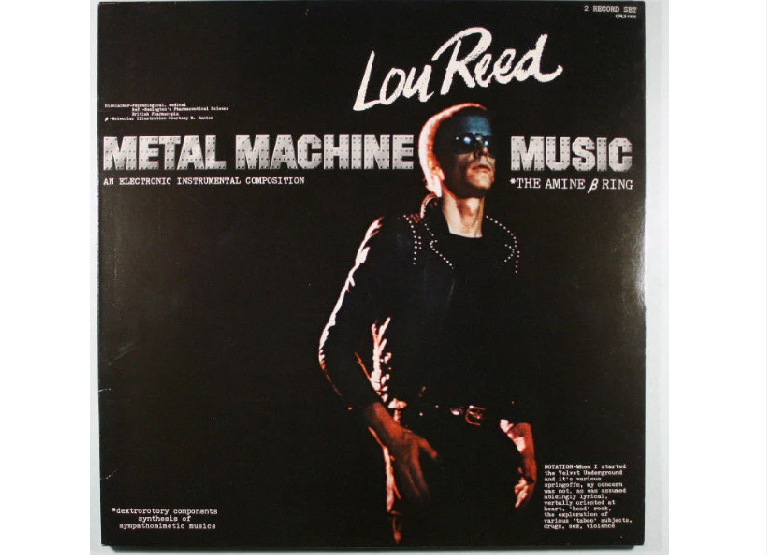
1975’s Metal Machine Music still triggers people today, with its continuous guitar feedback and screeching. There are no words, no thoughts, just excruciating noise. Rolling Stone magazine called it “an act of provocation, a jab of contempt,” adding that, “after a decade of aesthetic outrages, four sides of what sounds like the tubular groaning of a galactic refrigerator just aren’t going to inflame the bourgeoisie.”
Styx – Kilroy Was Here
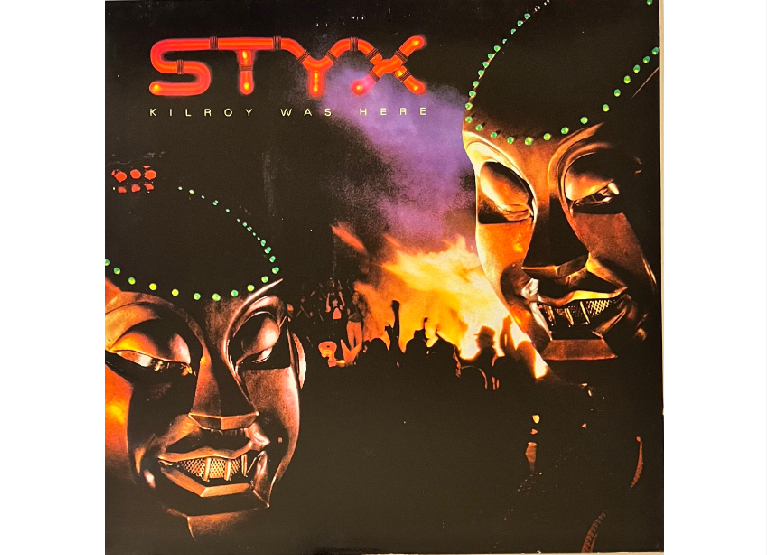
Styx had already released one concept album, Paradise Theater, in 1981, but it wasn’t anything compared to their follow-up Kilroy Was Here. This LP focuses on a tale of caution regarding the evils of rock music and how lyrics can affect and tarnish the minds of the young. A stage production was planned, abandoned and then cancelled.
Frank Zappa – Thing-Fish
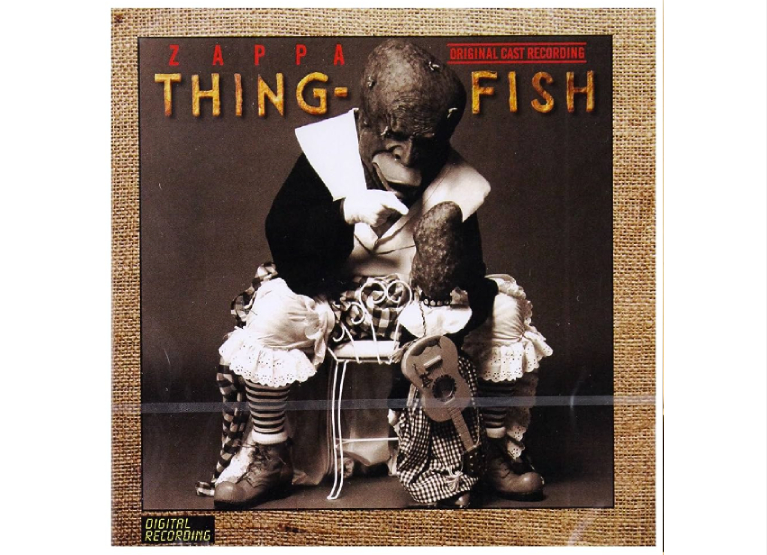
Frank Zappa made some weird albums, but Thing-Fish is among the very weirdest. Developed in the hopes of becoming a Broadway musical, Thing-Fish tells the story of an AIDS-like disease created to kill black and gay people which, unsurprisingly, didn’t make for the most enjoyable of listens. MCA refused to distribute the album in 1985, so Zappa signed a one-LP deal with Capitol.
Blue Oyster Cult – Imaginos
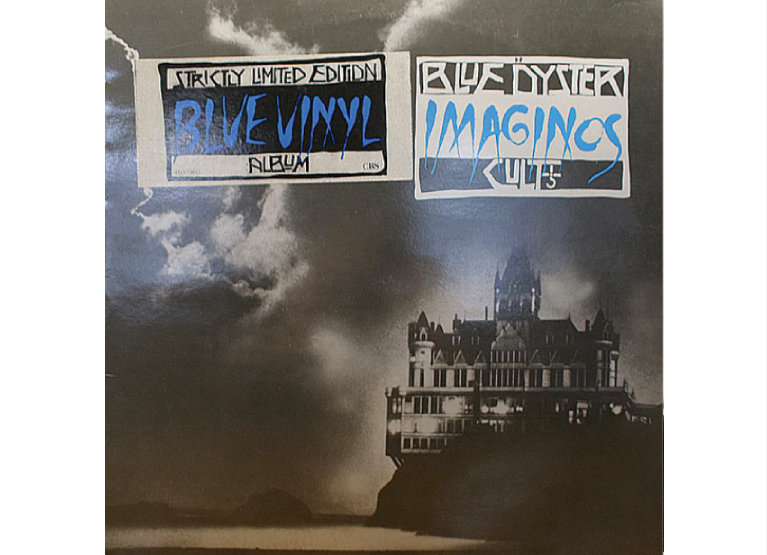
In 1888, two decades after Sandy Pearlman wrote a series of poems called The Soft Doctrines of Imaginos, his band Blue Oyster Cult set them to music. The album narrative starts in 1804 New Hampshire and creates an alternate history of the next 200 years. The titular character, who has superpowers, navigates global events like World War I.
Billy Idol – Cyberpunk
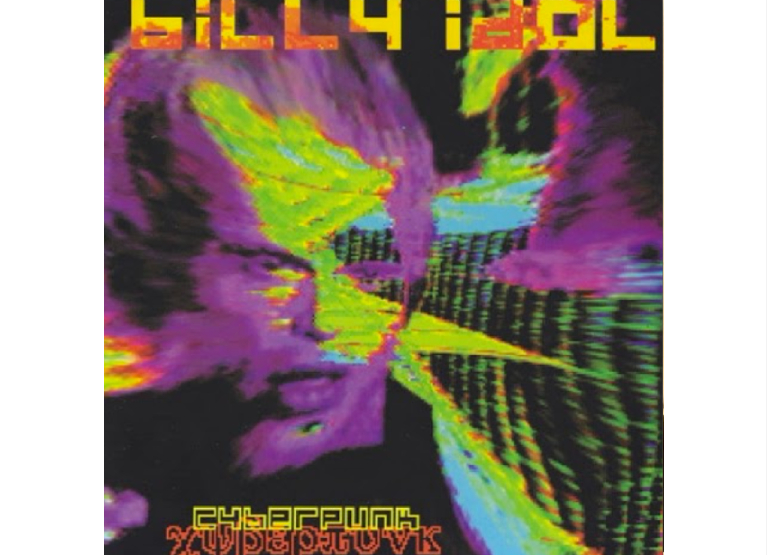
Billy Idol abandoned his mainstream radio rock sound when he recorded 1993’s Cyberpunk. Told mostly through spoken word between songs, the story reflects Idol’s interest in the writings of William Gibson and other authors who covered the influence of technology in the age of the internet.
Chris Gaines – Greatest Hits
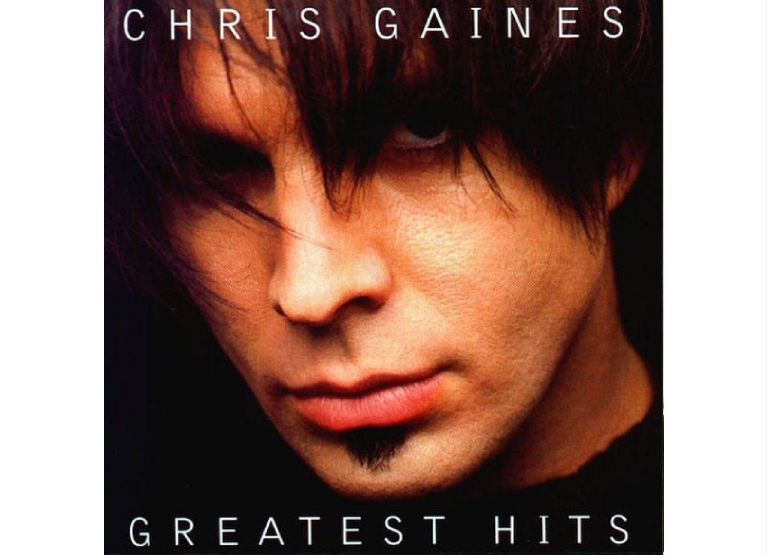
Wanting to experiment away from his popularity, country phenomenon Garth Brooks created an alter-ego called Chris Gaines in 1999. Chris Gaines was an Australian rocker with a soul patch, and Brooks originally intended for him to have a movie called The Lamb. But after a disappointing performance on SNL, he retired the character.
Judas Priest – Nostradamus
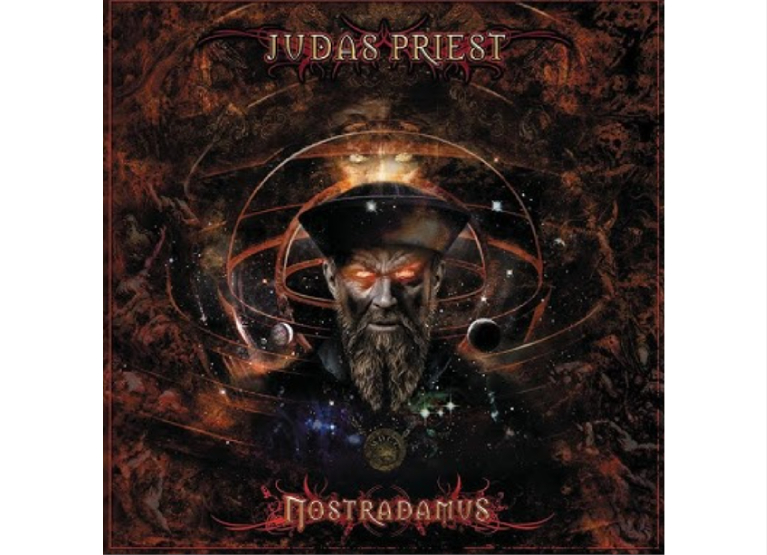
Judas Priest formed in 1969 but didn’t release their first concept album until 2008. Nostradamus, based on the writing of the 16th-century French psychic, was largely rejected by fans, slating its passé ballads and sloppy arrangements. Judas Priest resumed usual business with their next album.
Eagles – Desperado
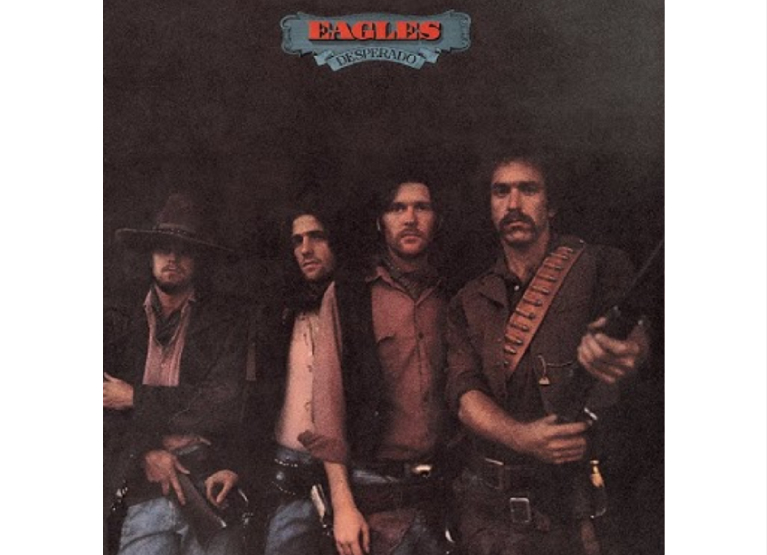
The Eagles put their reputation on the line by making their second record a concept album, but 1973’s Desperado was met well. The songs are focused on the Old West. Musically, it’s no departure, which is probably why it didn’t tank. Saturday Night and Tequila Sunrise are lonesome tunes, romanticising an extinct part of Americana.
Electric Light Orchestra – Eldorado
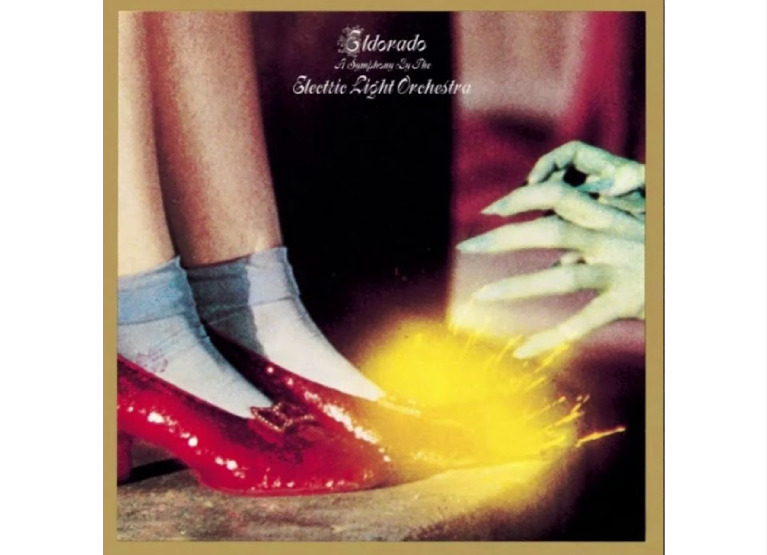
ELO’s frontman Jeff Lynne conceived the idea of 1974’s Eldorado before he wrote a single word or note. It follows a dream journey into other worlds, escaping the stark and boring realities of Earth. It gave the band their first top 10 single, Can’t Get It Out Of My Head. The string orchestra was a classy touch.
Randy Newman – Good Old Boys
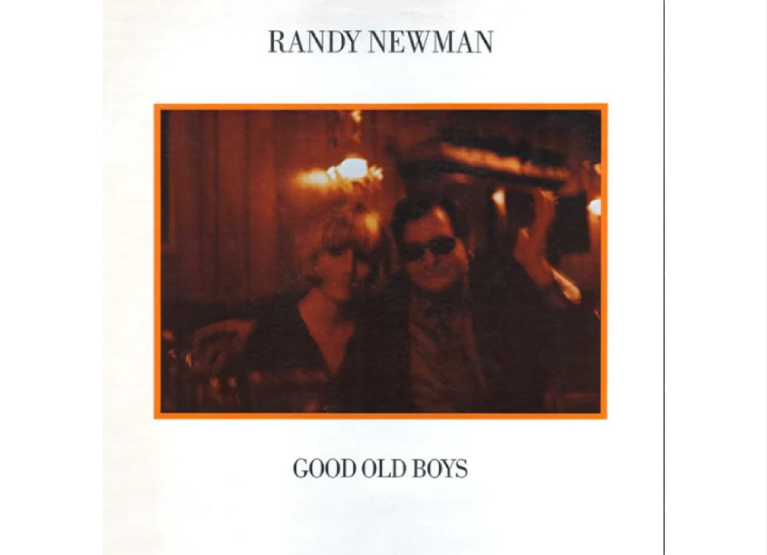
Before he provided his wholesome efforts to the Toy Story soundtrack, Randy Newman was making wild concept albums. 1974’s Good Old Boys mostly concerns the views and gripes of young Johnny Cutler, a southern “good old boy” and racist. Across Rednecks, Kingfish and Birmingham, Cutler drops several slurs and reinforces harmful narratives about Jewish people.
Kraftwerk – Computer World
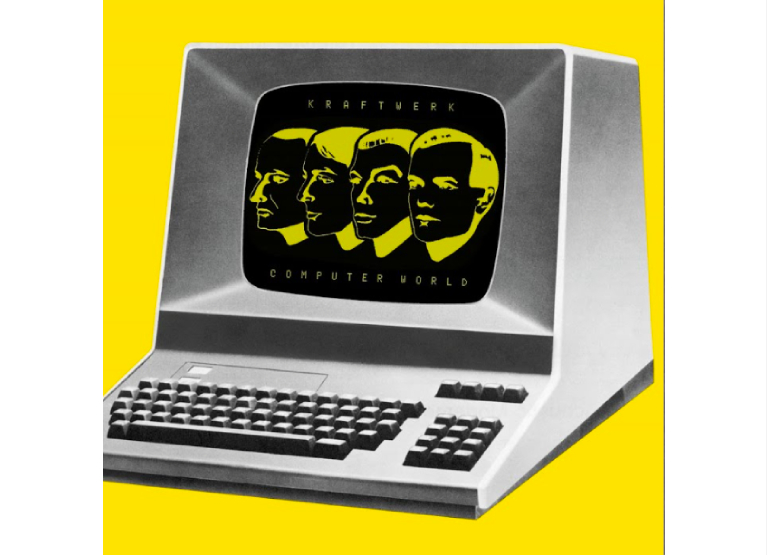
Twenty years before social media was even suggested as an idea, Kraftwerk dropped their concept album Computer World. This German outfit had always been a pioneering force in music but they went a step further on this 1981 record, with the likes of Pocket Calculator and Computer Love.
Nine Inch Nails – The Downward Spiral
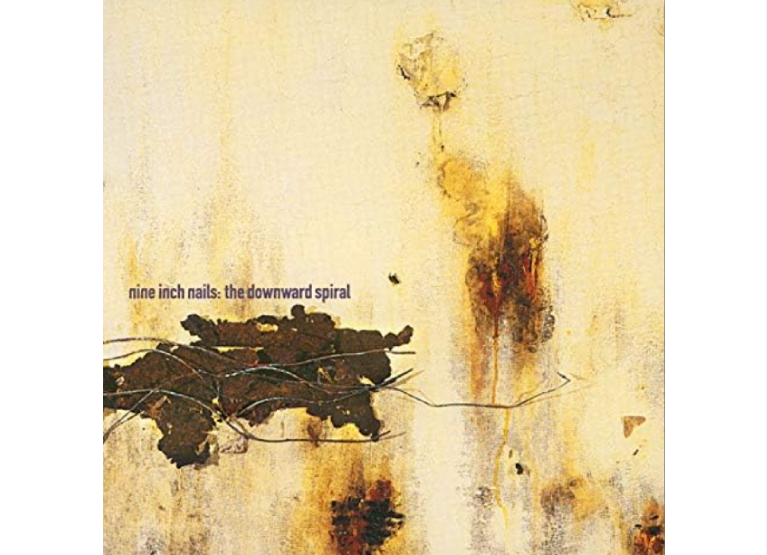
Looking to be depressed by a concept album? Look no further than NIN’s 1994 effort The Downward Spiral. The story follows the rock-bottom descent of one man caught up in a world of self-abuse, sex and drugs. Trent Reznor famously worked on the album while living in the house in which Sharon Tate was murdered by the Manson Family, which only adds to the dark feeling.
Beyoncé – Lemonade
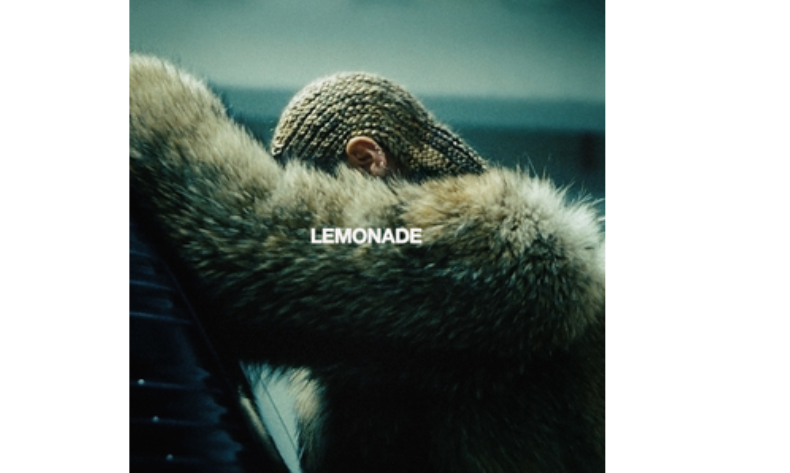
Beyoncé’s 2016 album Lemonade tracks the breakdown and subsequent reunion of a couple torn apart by infidelity. Inspired by finding out her husband Jay-Z had been unfaithful, Bey channelled all her rage, anger and love into an album and series of music videos that broke the Internet and drove fans wild with speculation about just who was “Becky with the good hair.”
MF DOOM – Mm Food
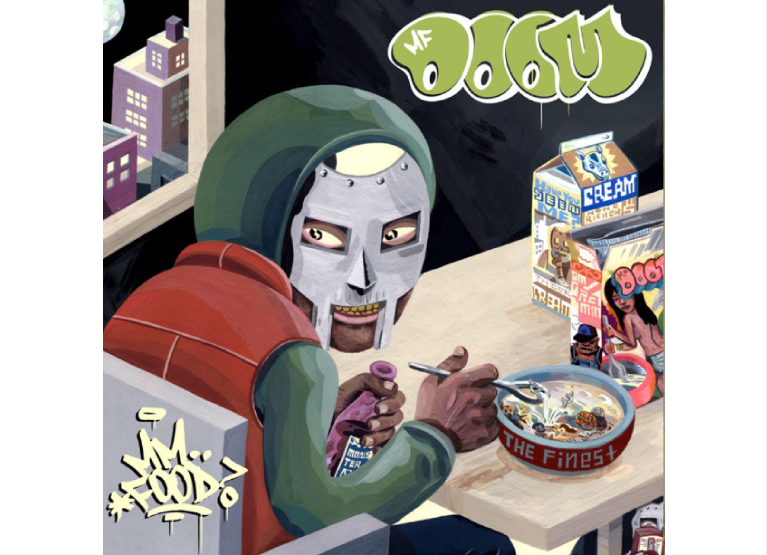
The concept of this one should be fairly easy to guess. 2004’s Mm Food (an anagram of MF DOOM) is about food, and the rapper’s apparently love for it. Featuring titles such as Beef Rap, Guinnesses and Fillet-O-Rapper, this is a great (and fun!) album to sink your teeth into.